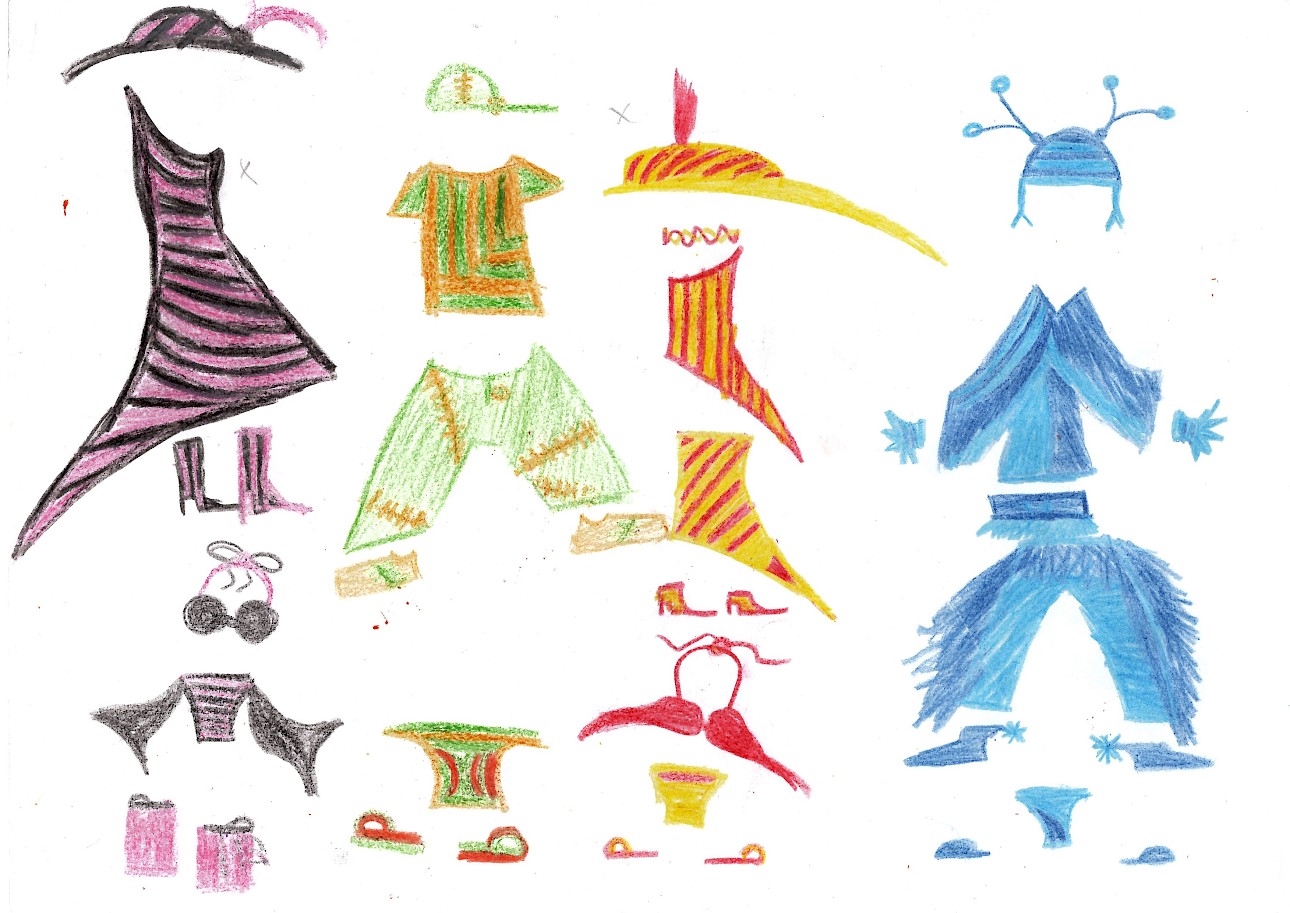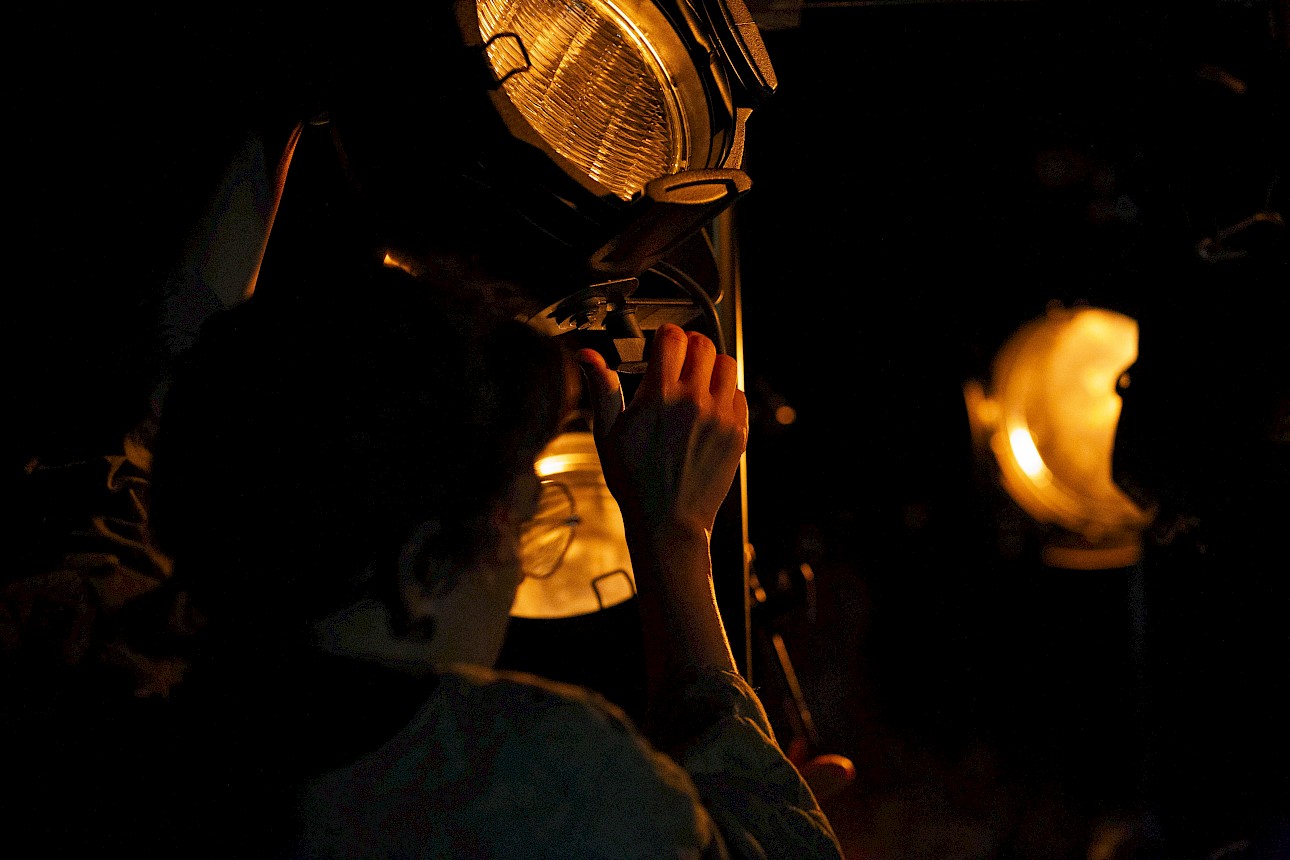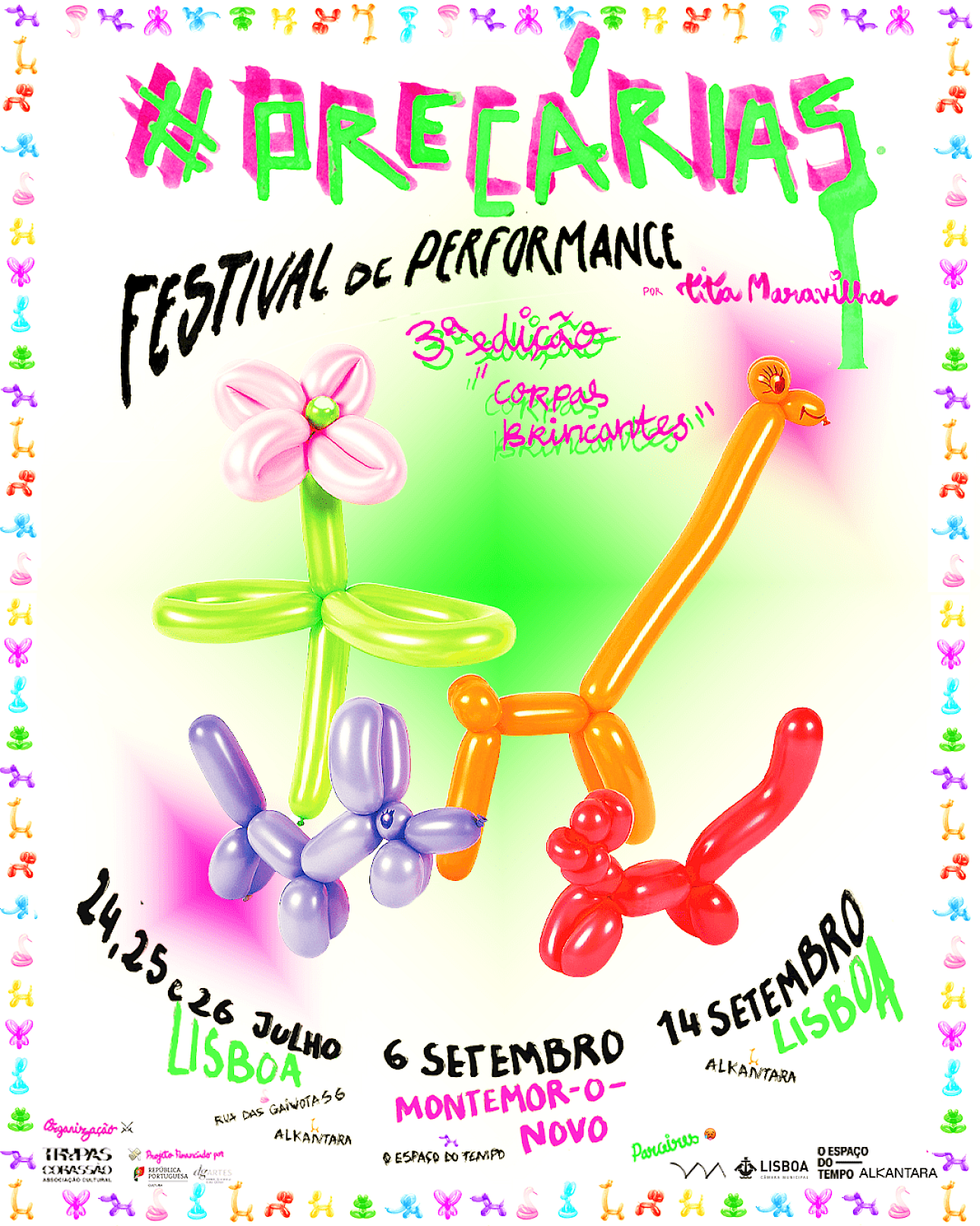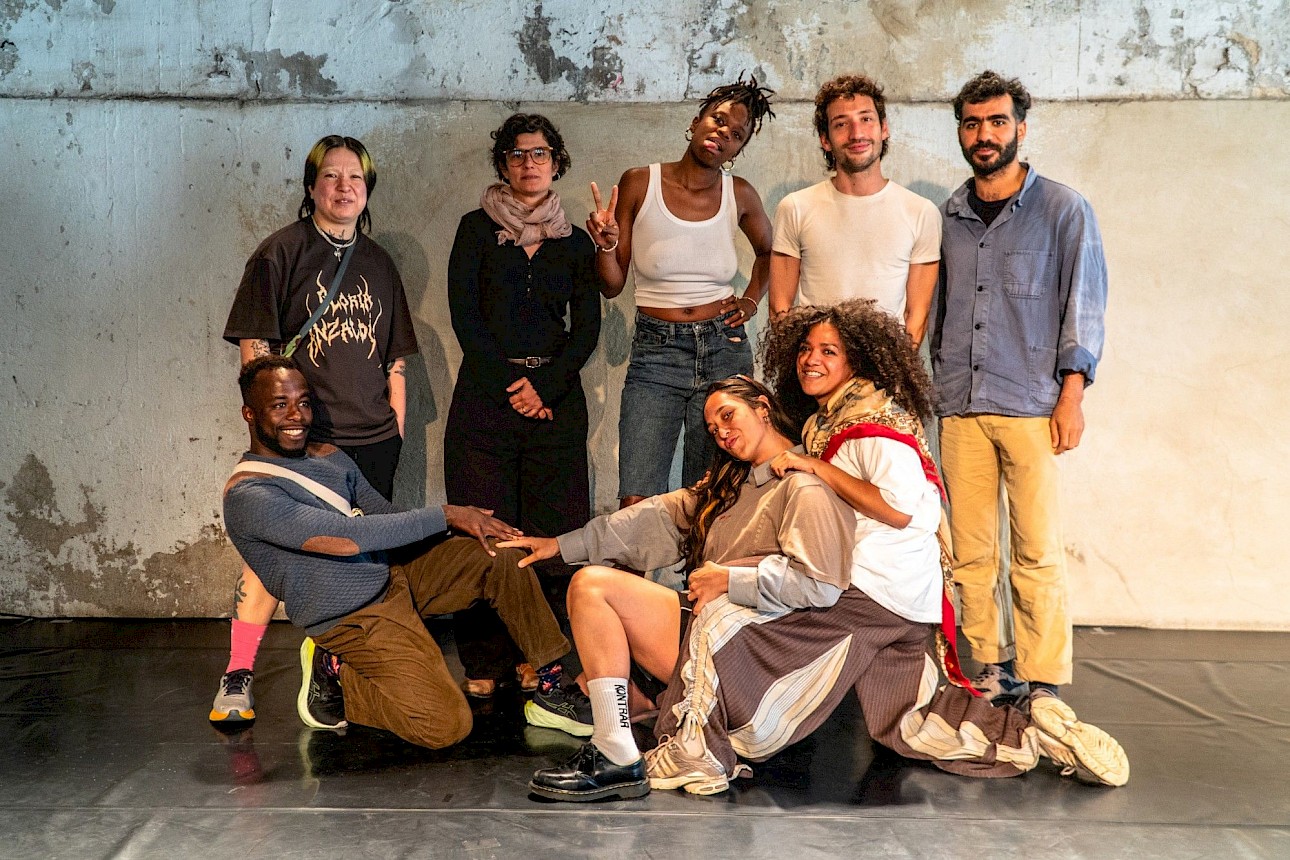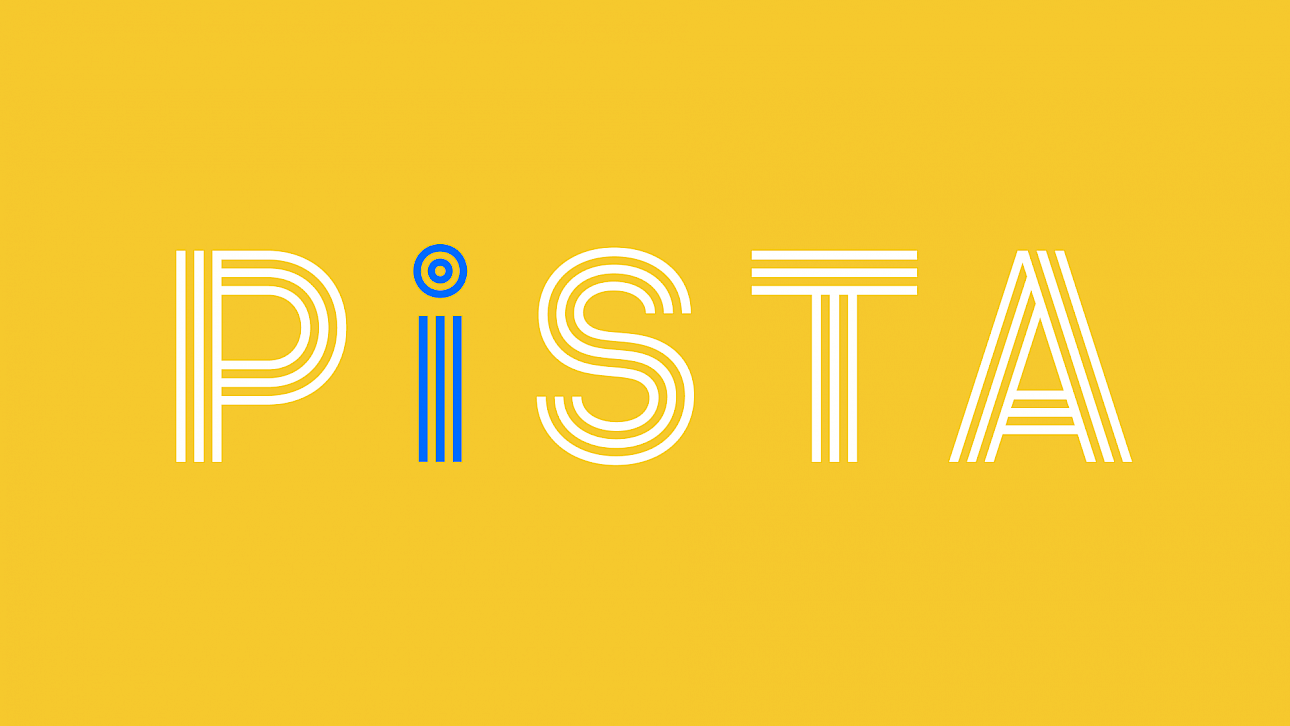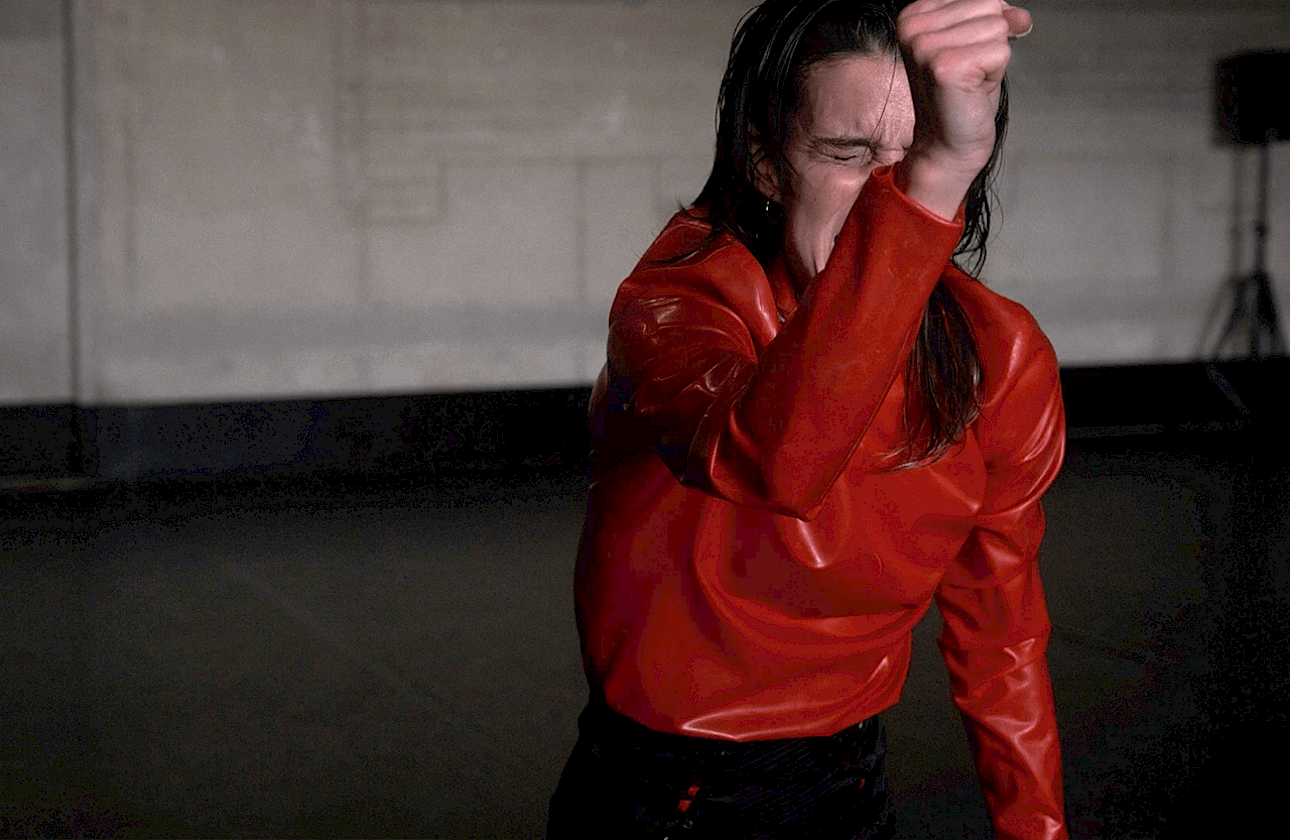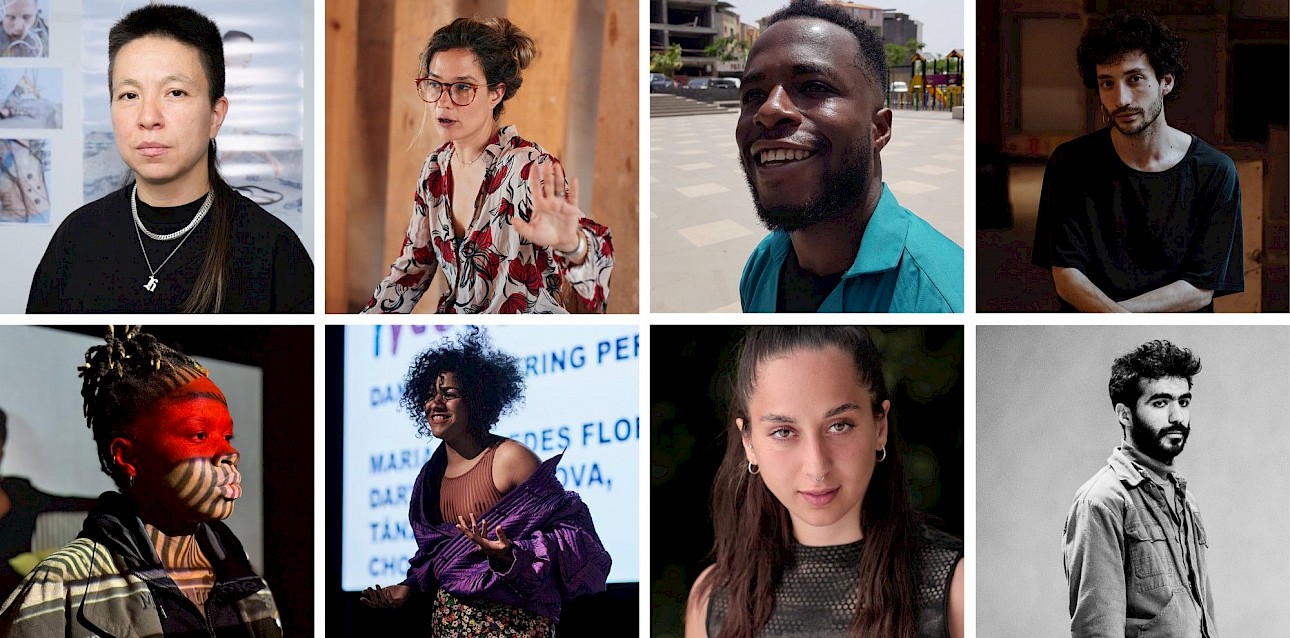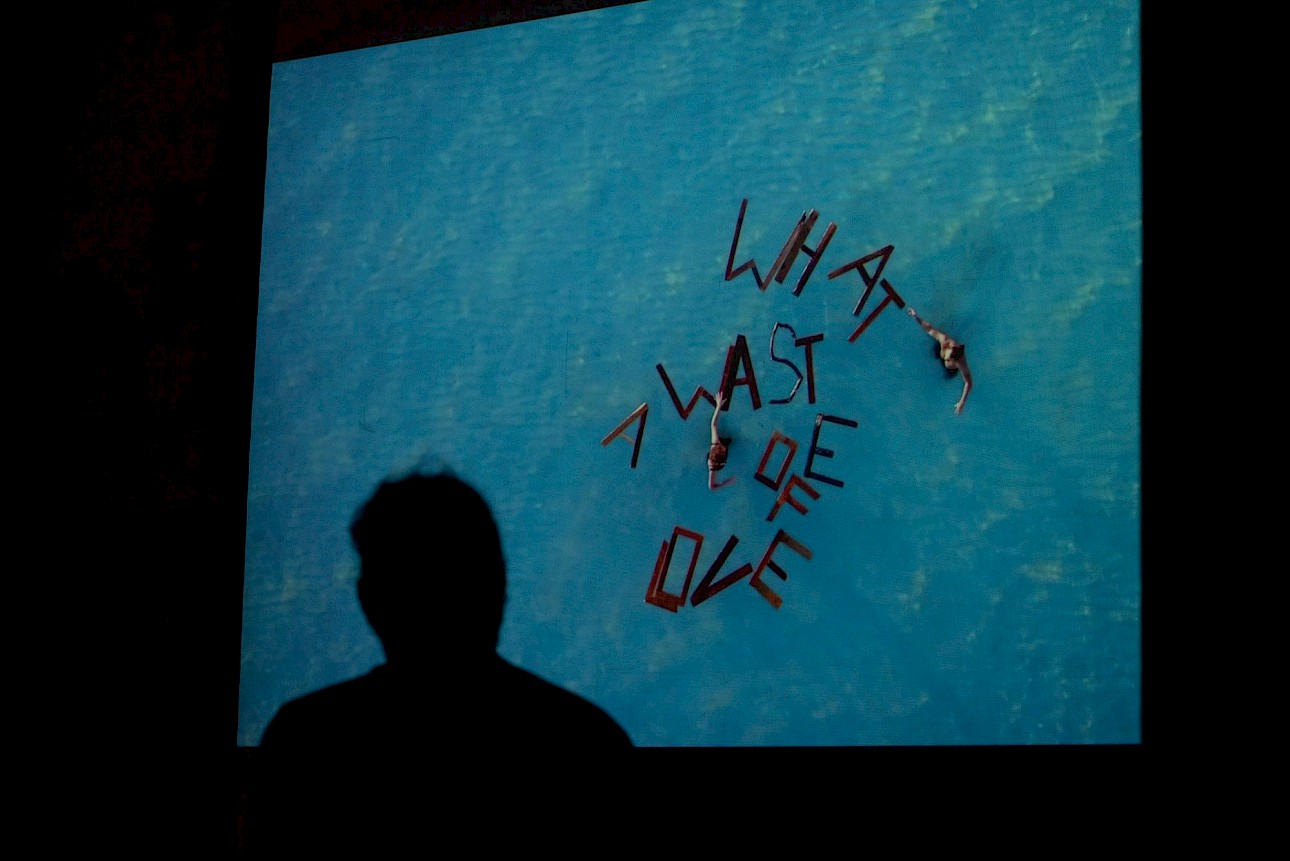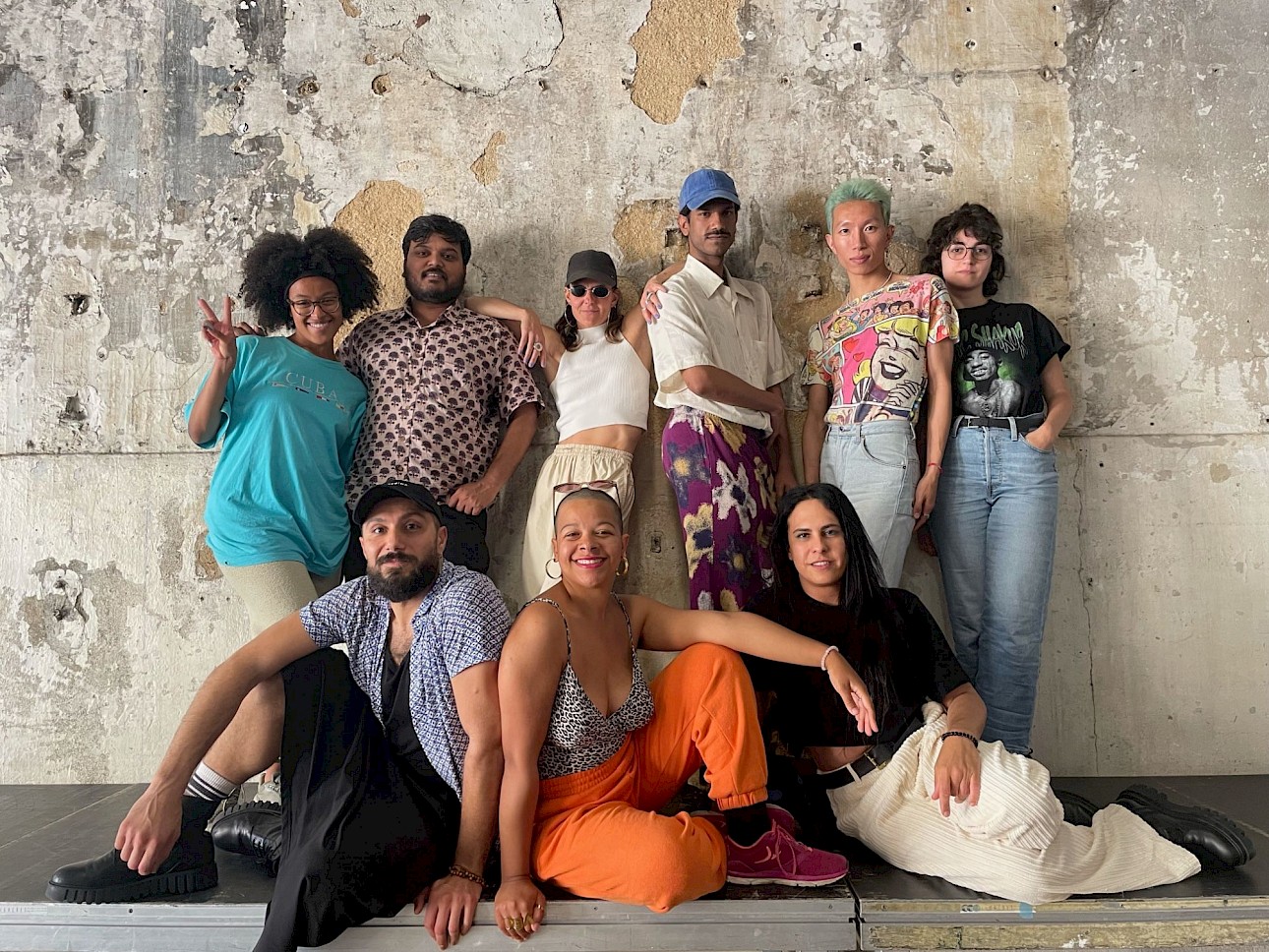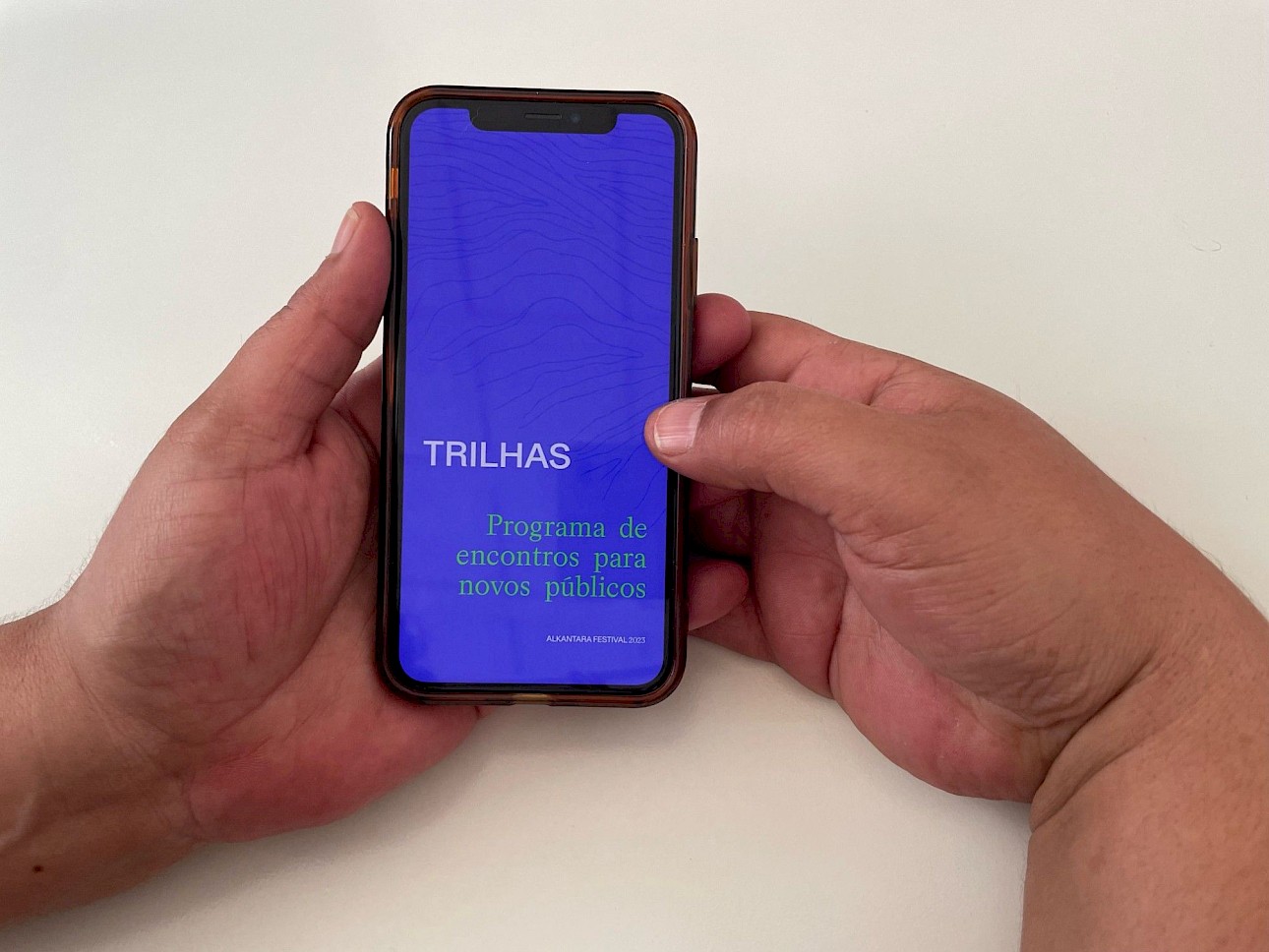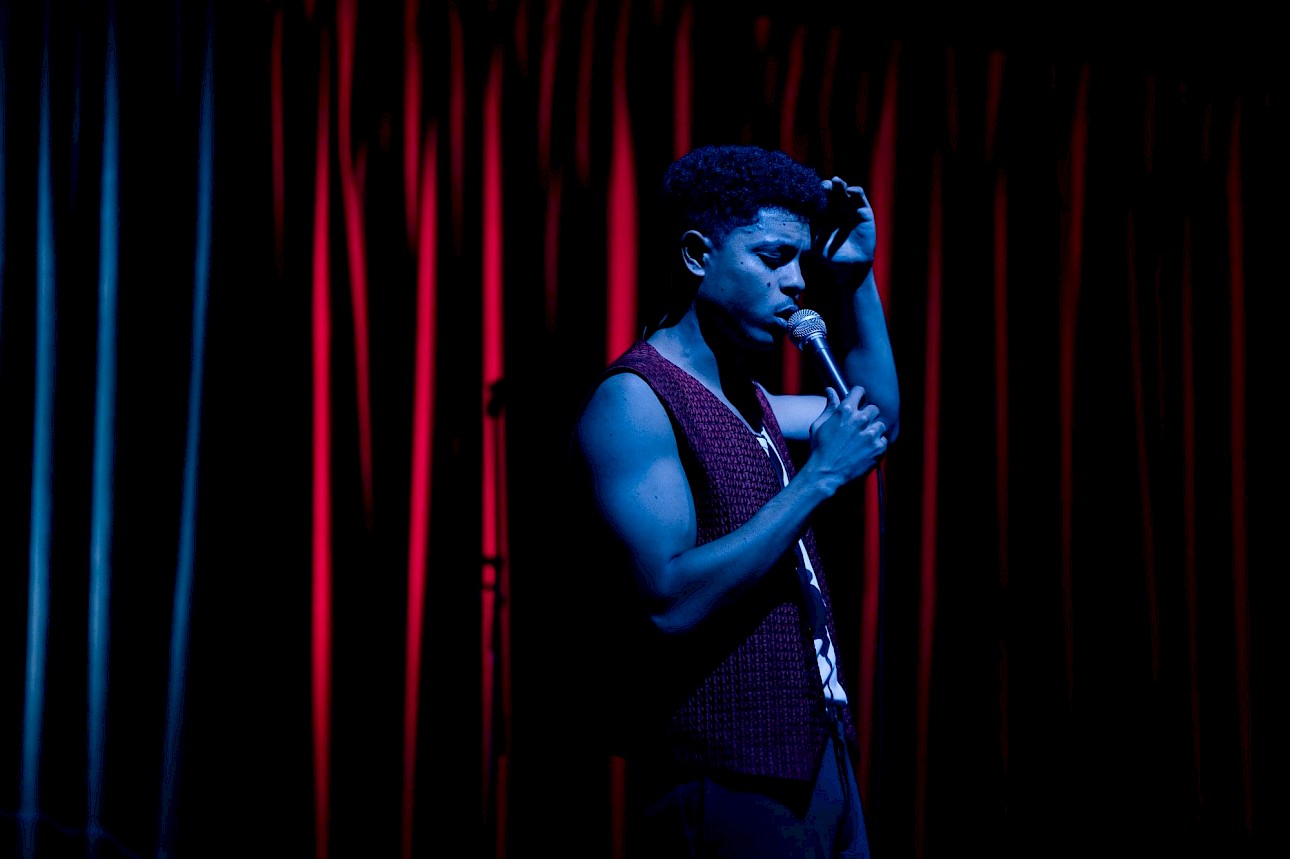- 20.03 - 21.03.2026
- Produced by Alkantara
CANTAR at Teatro Municipal do Porto – Campo Alegre
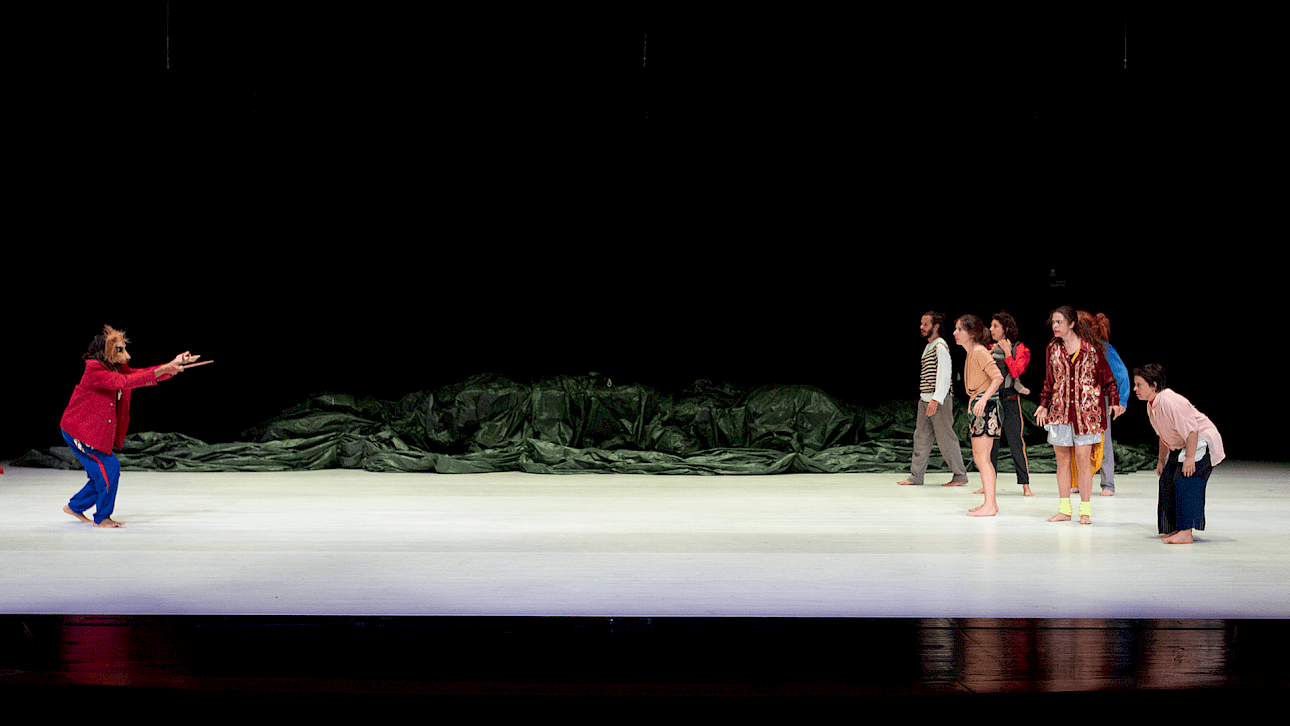
- FRI 20.03.2026 9:30 PM
- SAT 21.03.2026 9:30 PM
- Produced by Alkantara
- 23.02 - 08.03.2026
- Artists in Residence
Piny in residency at Espaço Alkantara
a.travessa.da
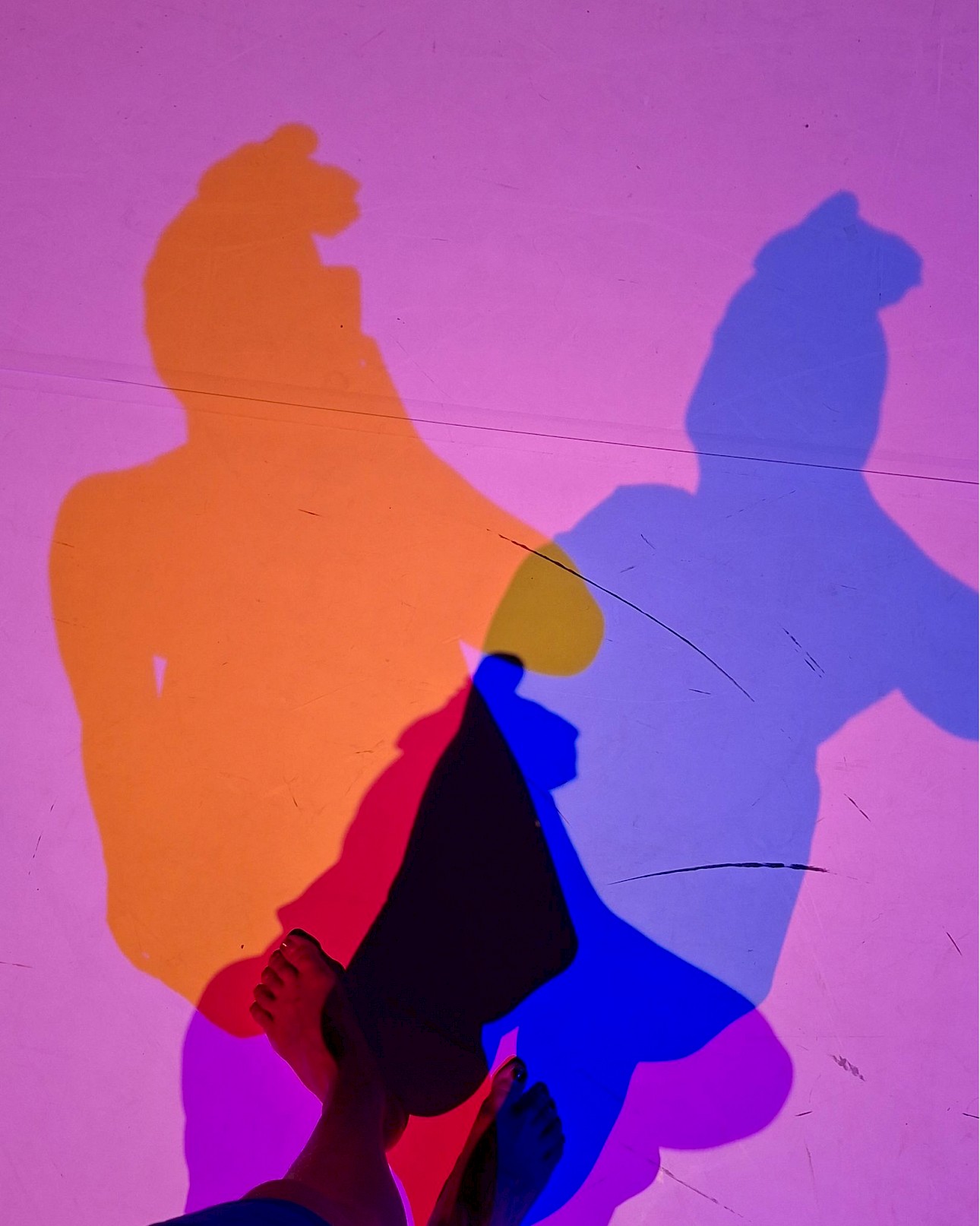
- Artists in Residence
- 16.02 - 22.02.2026
- Artists in Residence
matéria leve in residency at Espaço Alkantara
MAREO (ficar tonta)
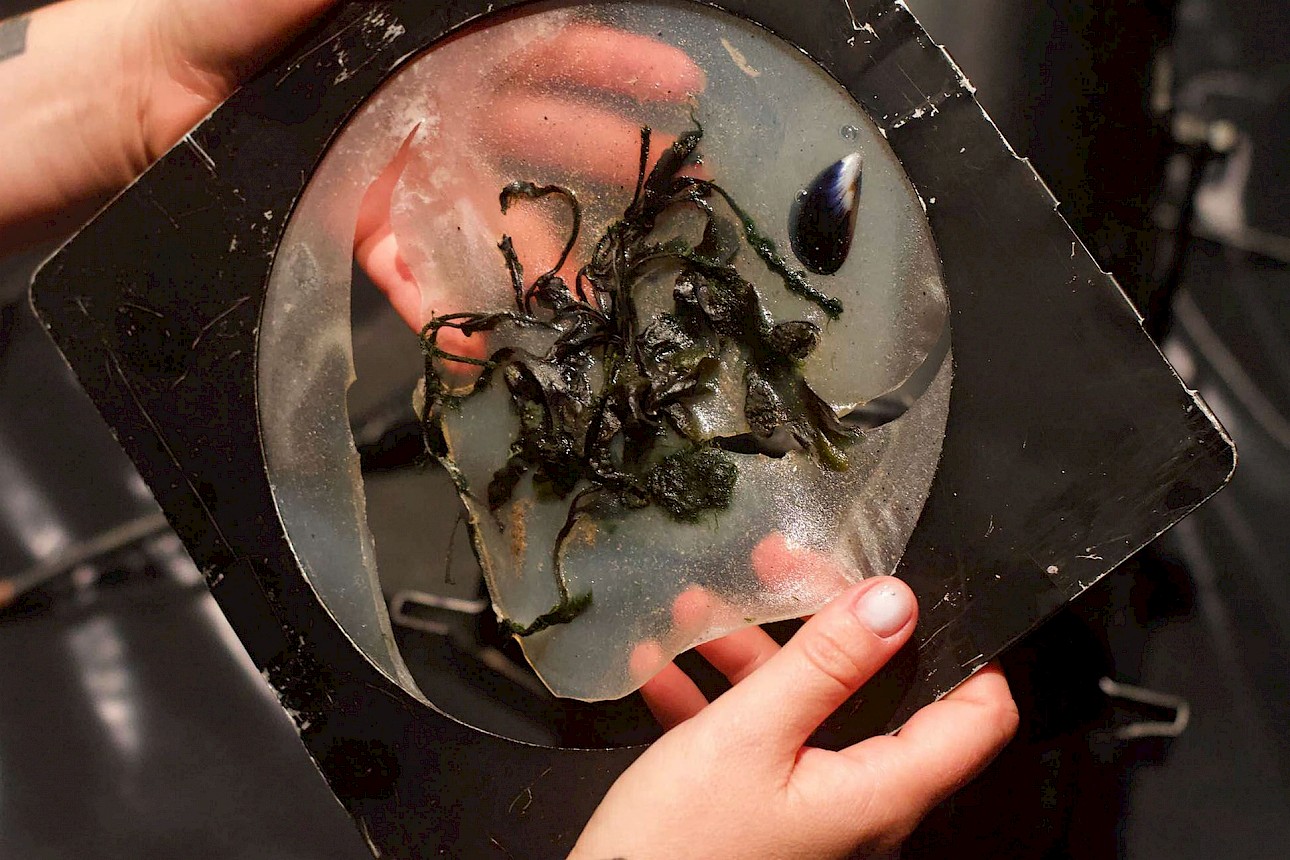
- Artists in Residence
- 23.02.2026
- News
Launching FREEWILL: An Ebook of Artistic Practices Exploring Freedom and Democracy
Ana Pais

- MON 23.02.2026 6:30 PM
- News
- 14.02.2026
- Open Studio
- Artists in Residence
Open studio: Gio Lourenço & Sofia Berberan at Espaço Alkantara
Sobre o Fim [About the End]
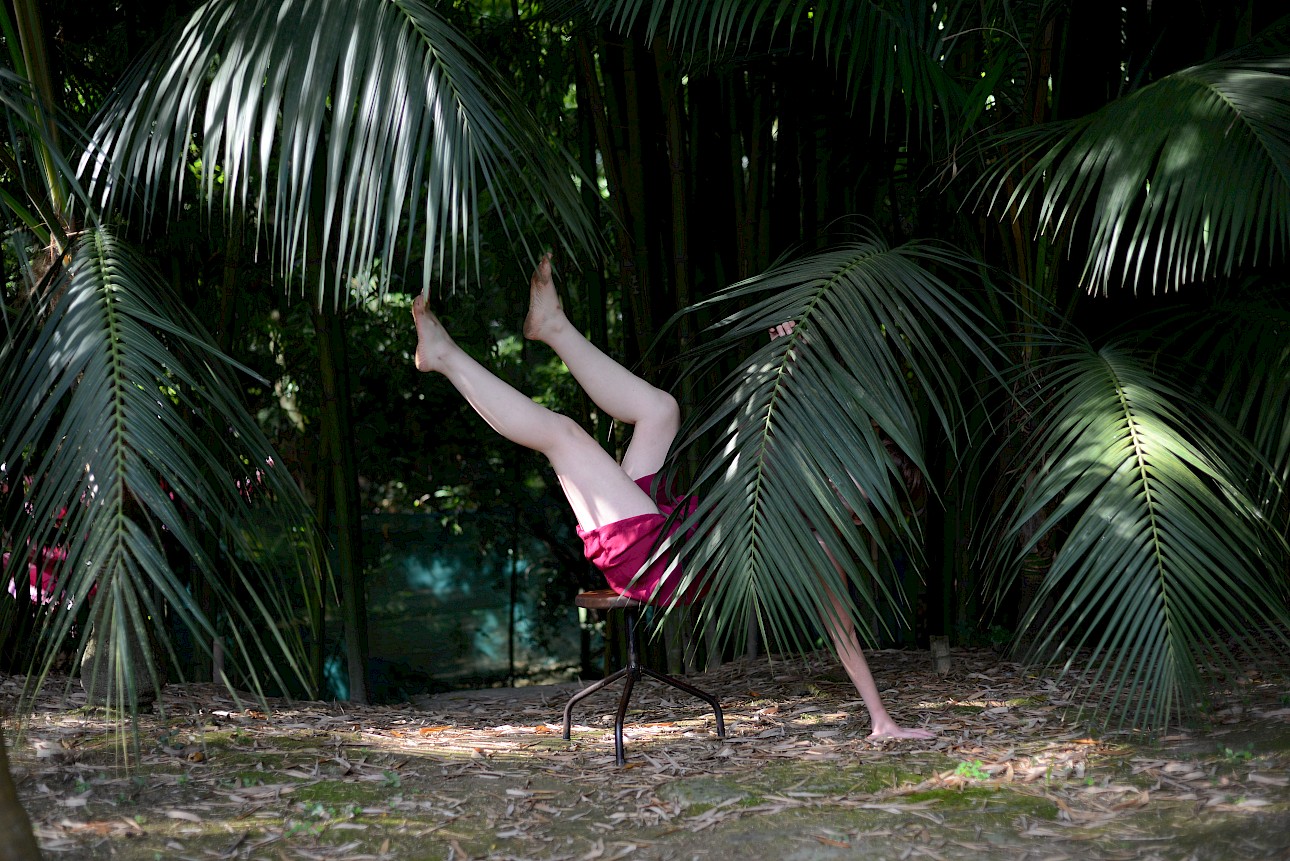
- SAT 14.02.2026 4:00 PM
- Open Studio
- Artists in Residence
- 03.02.2026
- Workshops
Estatuto dos Profissionais da Área da Cultura: onde estamos em 2025?
Sessão para trabalhadores
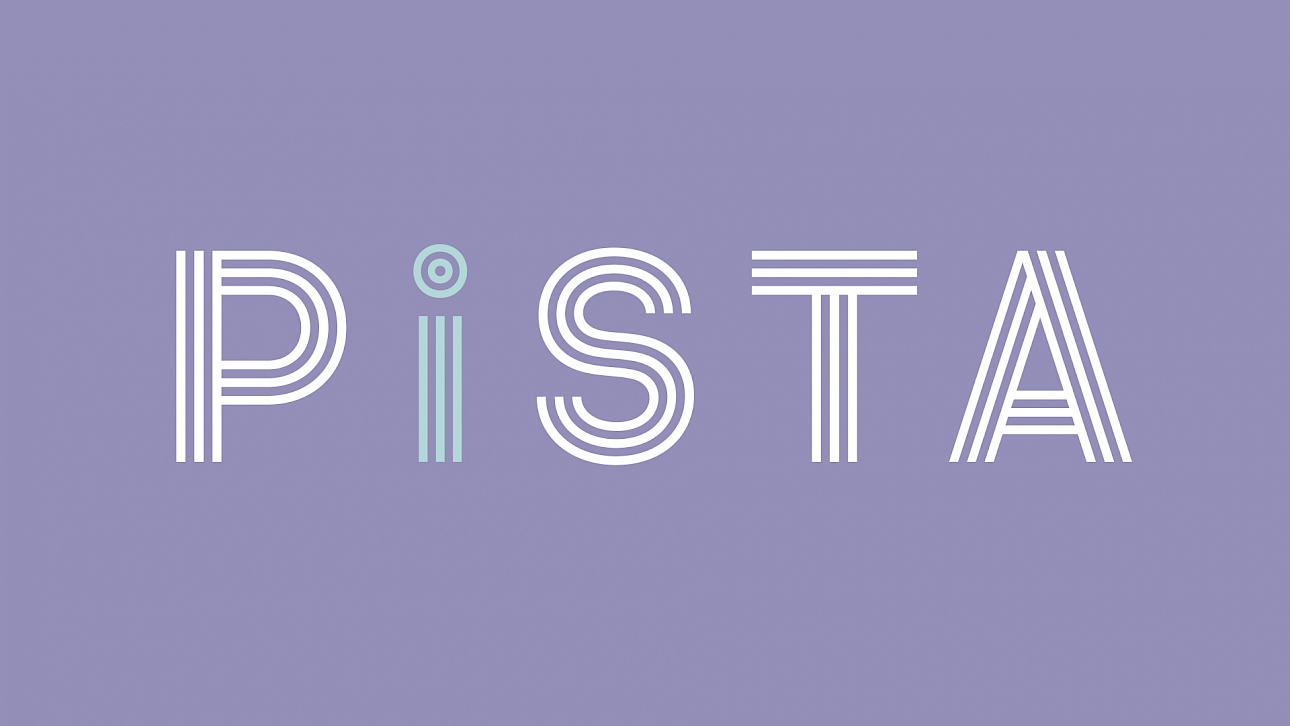
- TUE 03.02.2026 10:00 AM
- Workshops
- 30.01.2026
- Open Studio
- Artists in Residence
Open studio: Paula Diogo / Má-Criação at Espaço Alkantara
Aurora
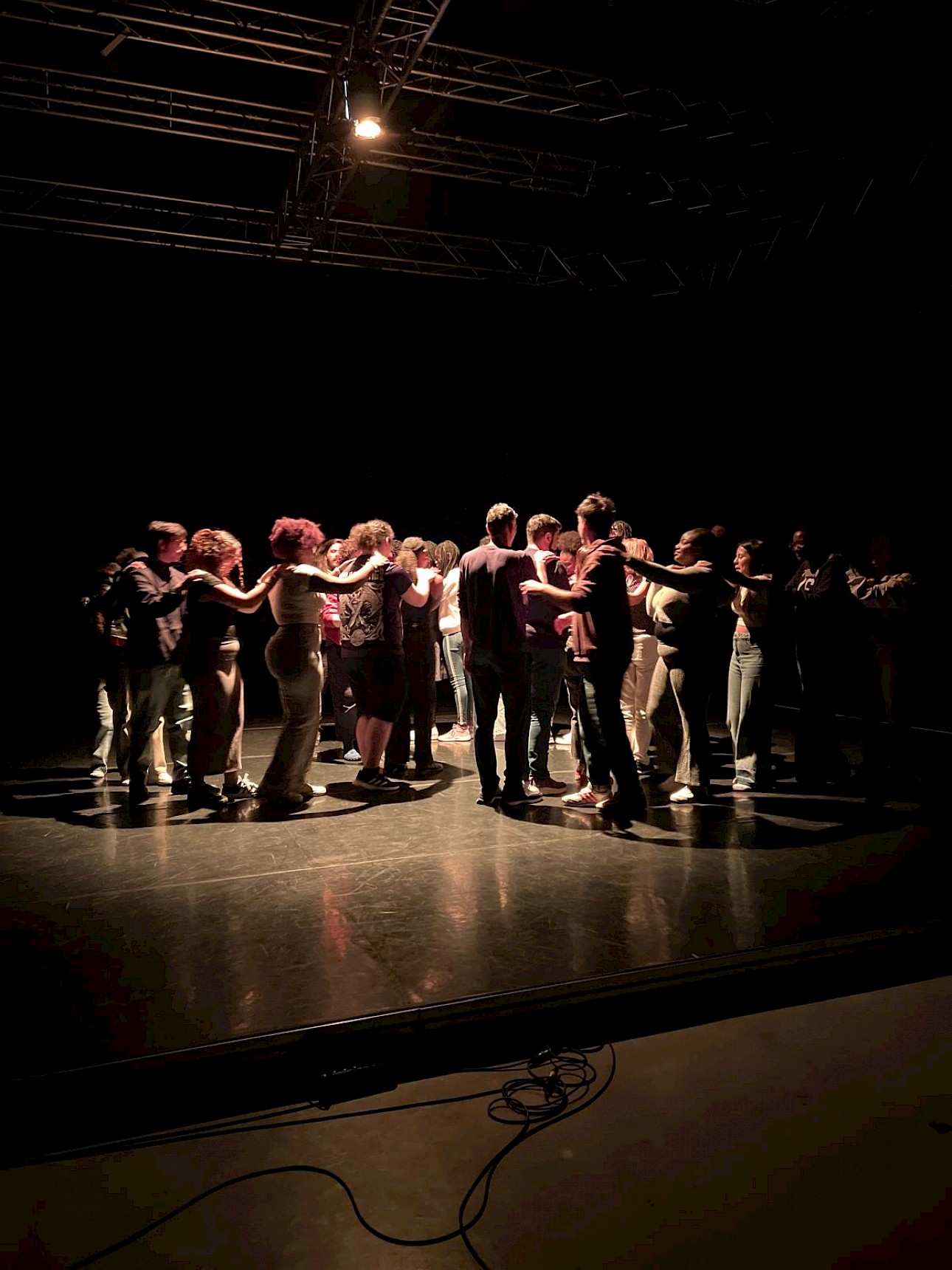
- FRI 30.01.2026 7:00 PM
- Open Studio
- Artists in Residence
- 12.01 - 18.01.2026
- Open Studio
- Artists in Residence
Ágatha Cigarra – Jardim das Descoisas [Garden of Unthings]
Laboratory for Confabulating the Here and Now
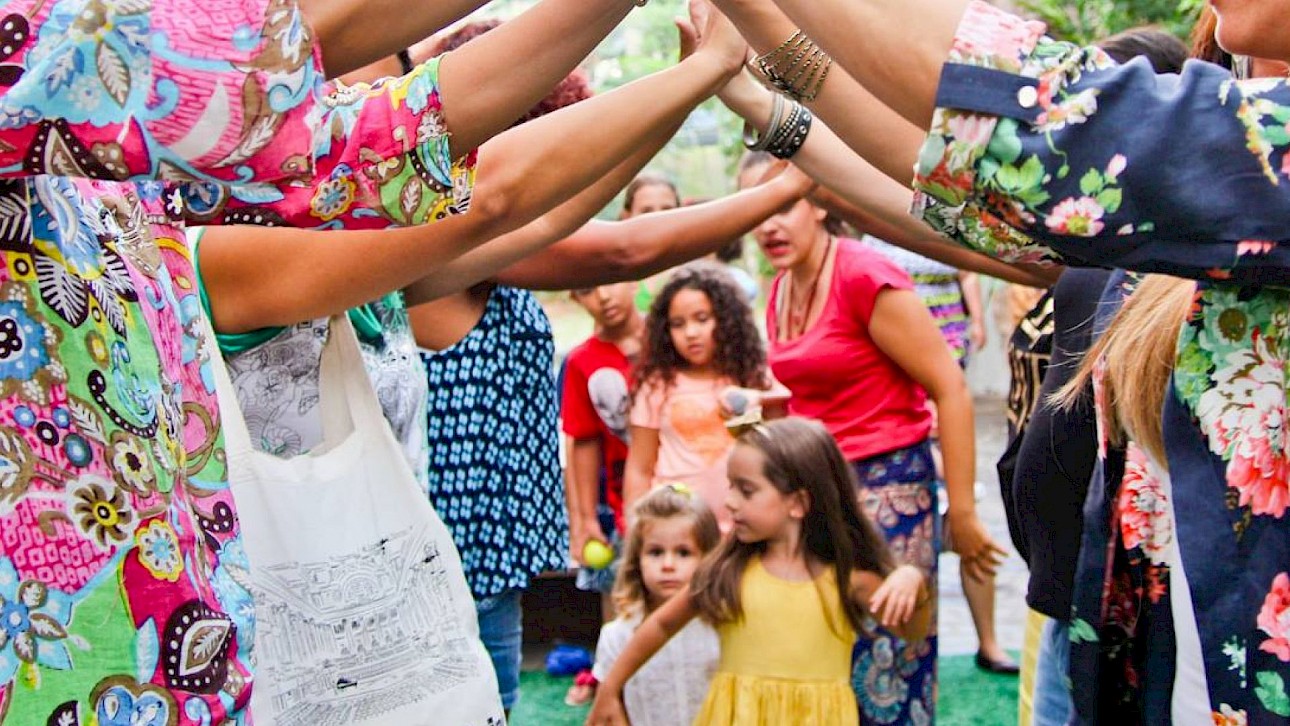
- MON 12.01.2026 1:00 PM
- THU 15.01.2026 2:00 PM
- SUN 18.01.2026 2:00 PM
- Open Studio
- Artists in Residence
- 18.12.2025
- Artists in Residence
- European Projects
- Open Studio
Open Studio: Bilal El Had at Espaço Alkantara
A Journey Through Chaabi Dance and Music
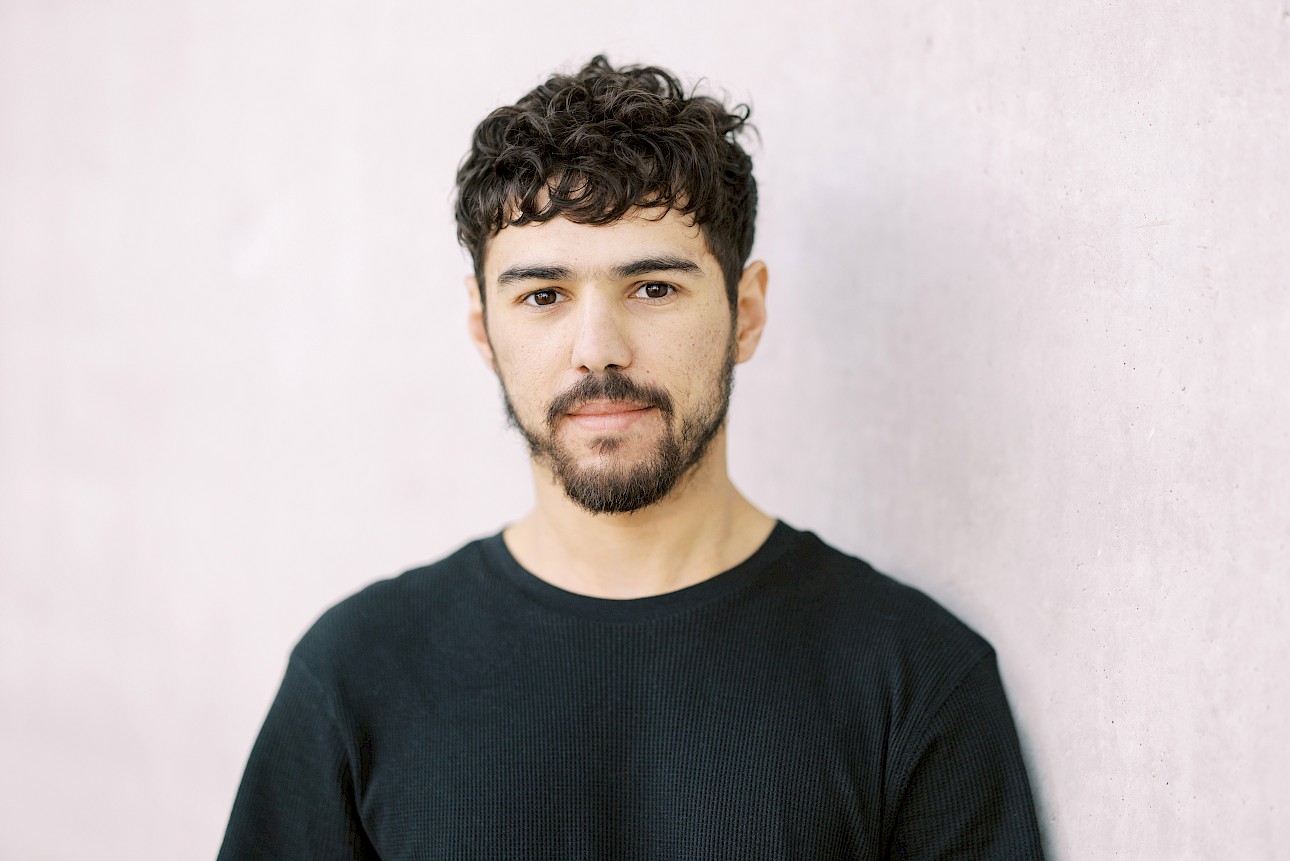
- THU 18.12.2025 7:00 PM
- Artists in Residence
- European Projects
- Open Studio
- 22.10.2025
- Open Studio
Alkantara Festival 2025: Full programme launch
& Denilson Baniwa exhibition opening
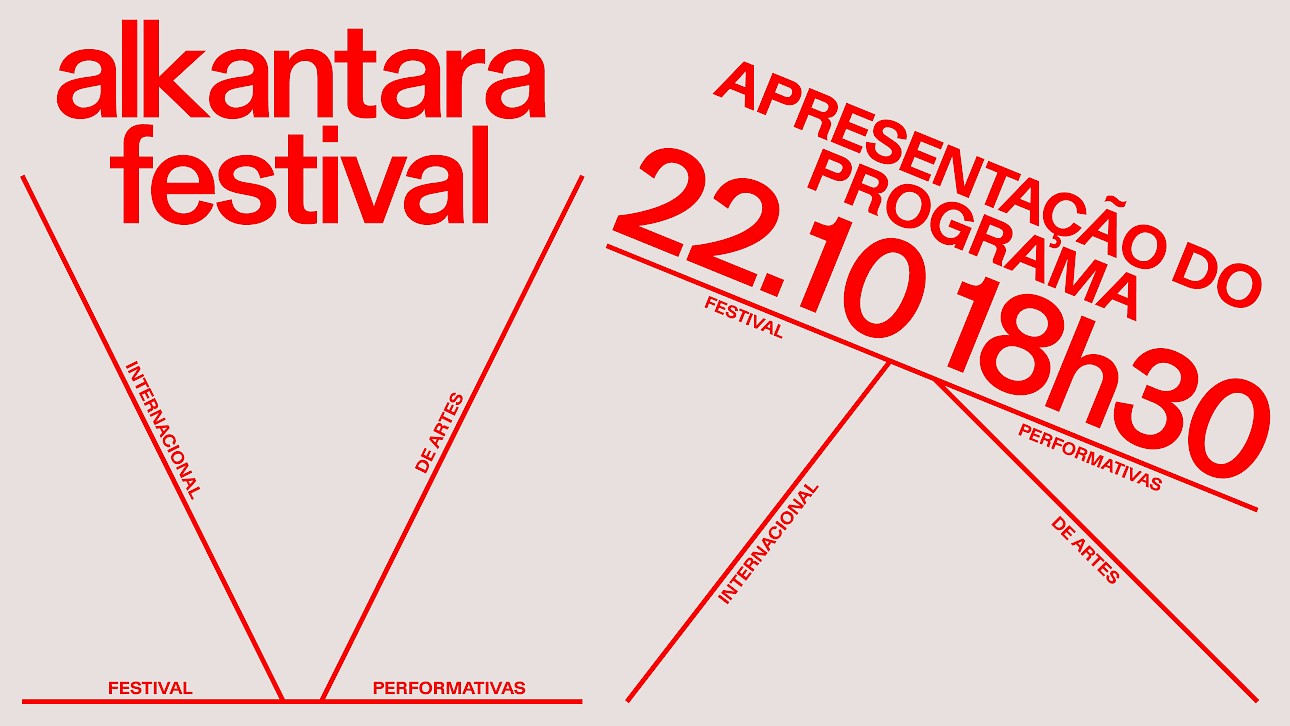
- WED 22.10.2025 6:30 PM
- Open Studio
- 13.10 - 17.10.2025
- Artists in Residence
Raia in residency at Espaço Alkantara
Rede de Acolhimento à Investigação Artística
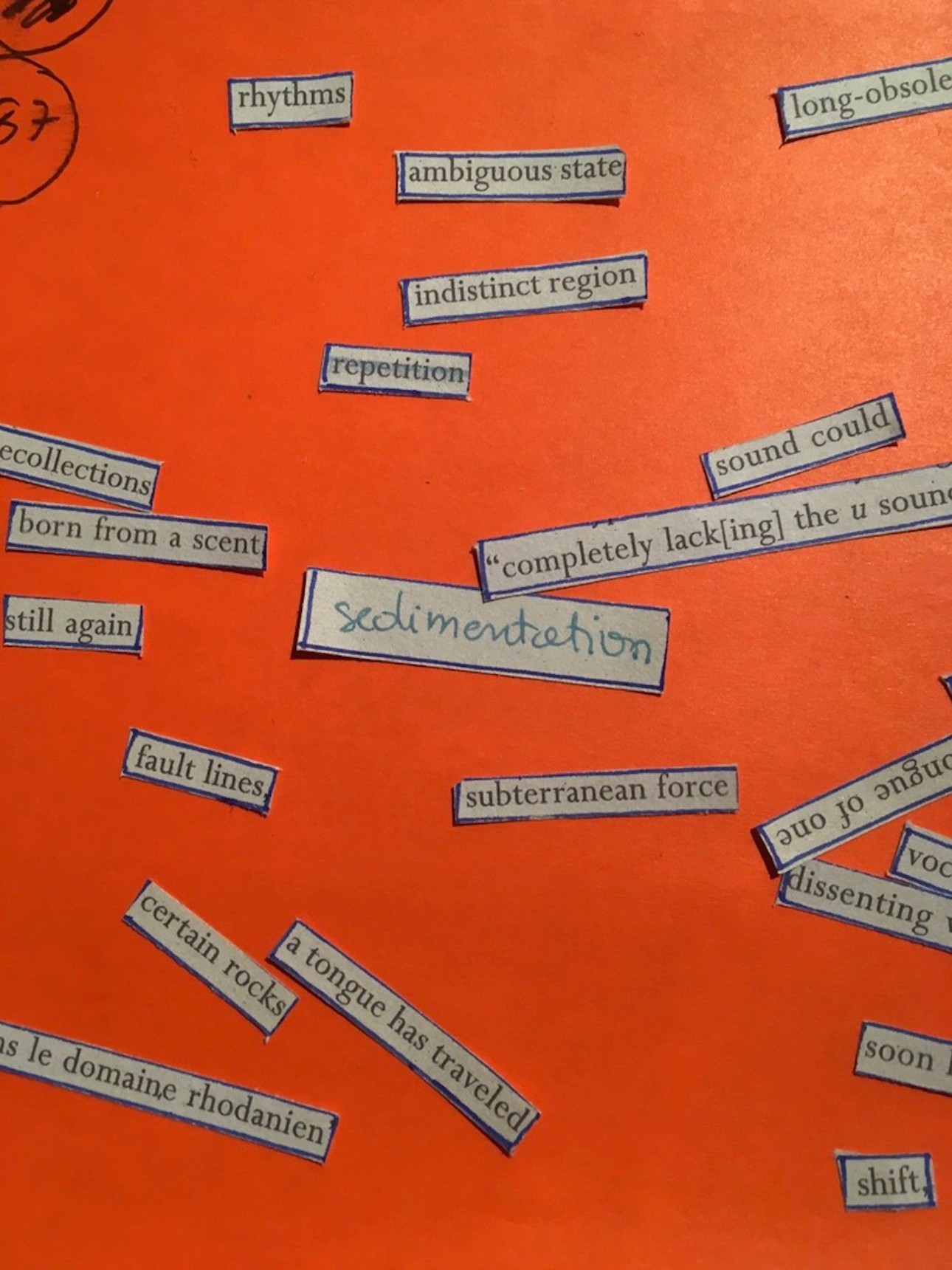
- Artists in Residence
- Produced by Alkantara
We at the Nightclub Suffer Together by Diego Bragà
Produced by Alkantara
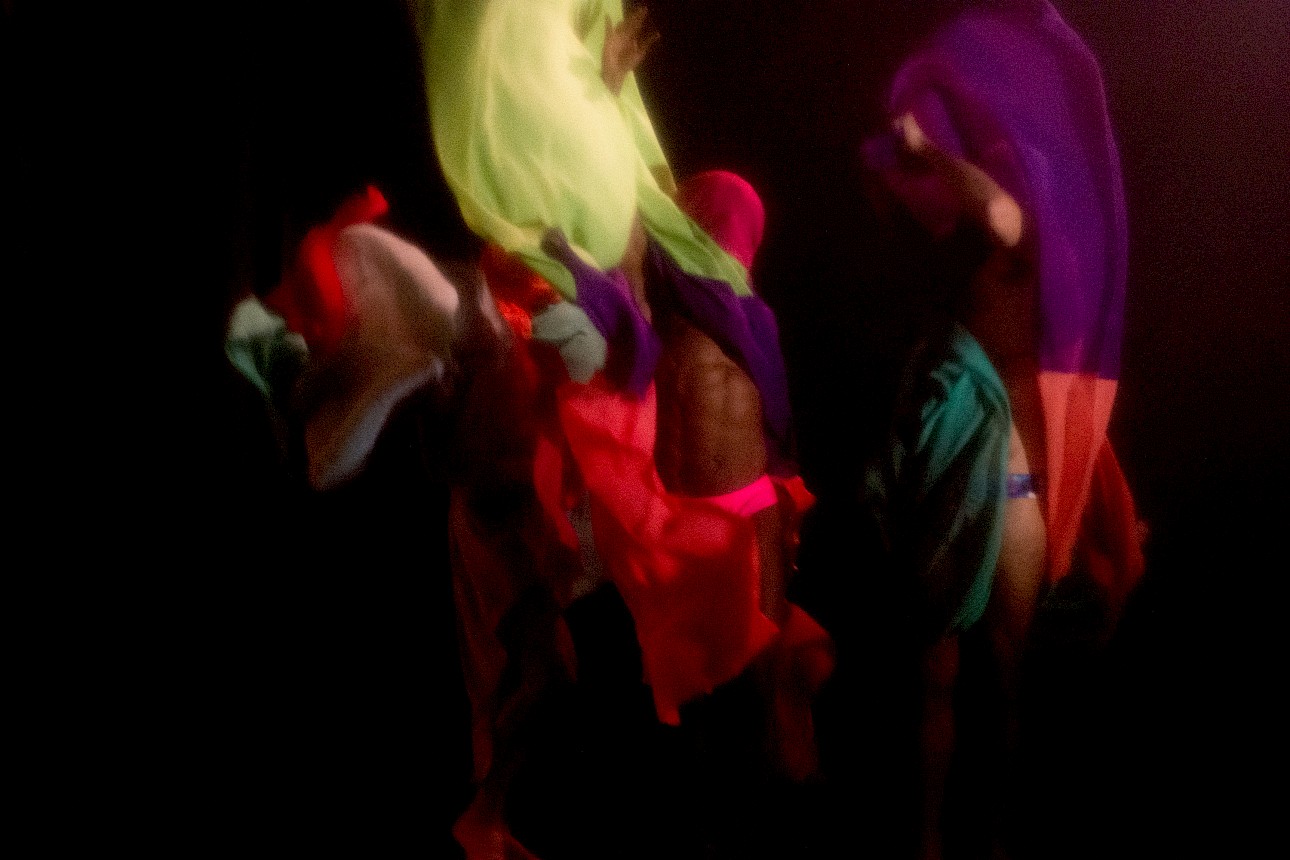
- Produced by Alkantara
- Produced by Alkantara
Cadences créoles, dix mille fois dédoublées by Inés Sybille Vooduness
Produced by Alkantara
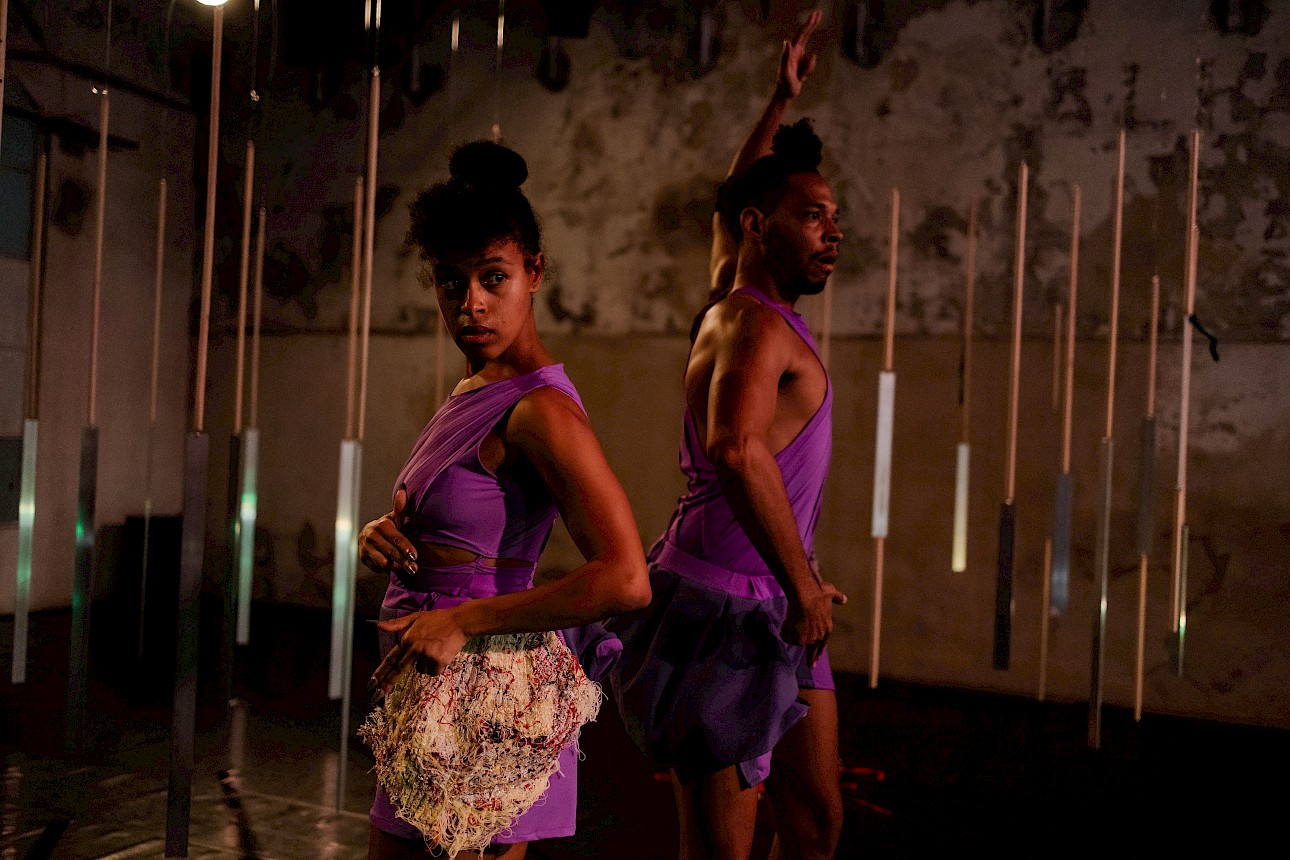
- Produced by Alkantara
- Produced by Alkantara
CANTAR by Francisco Thiago Cavalcanti & um cavalo disse mamãe
Produced by Alkantara
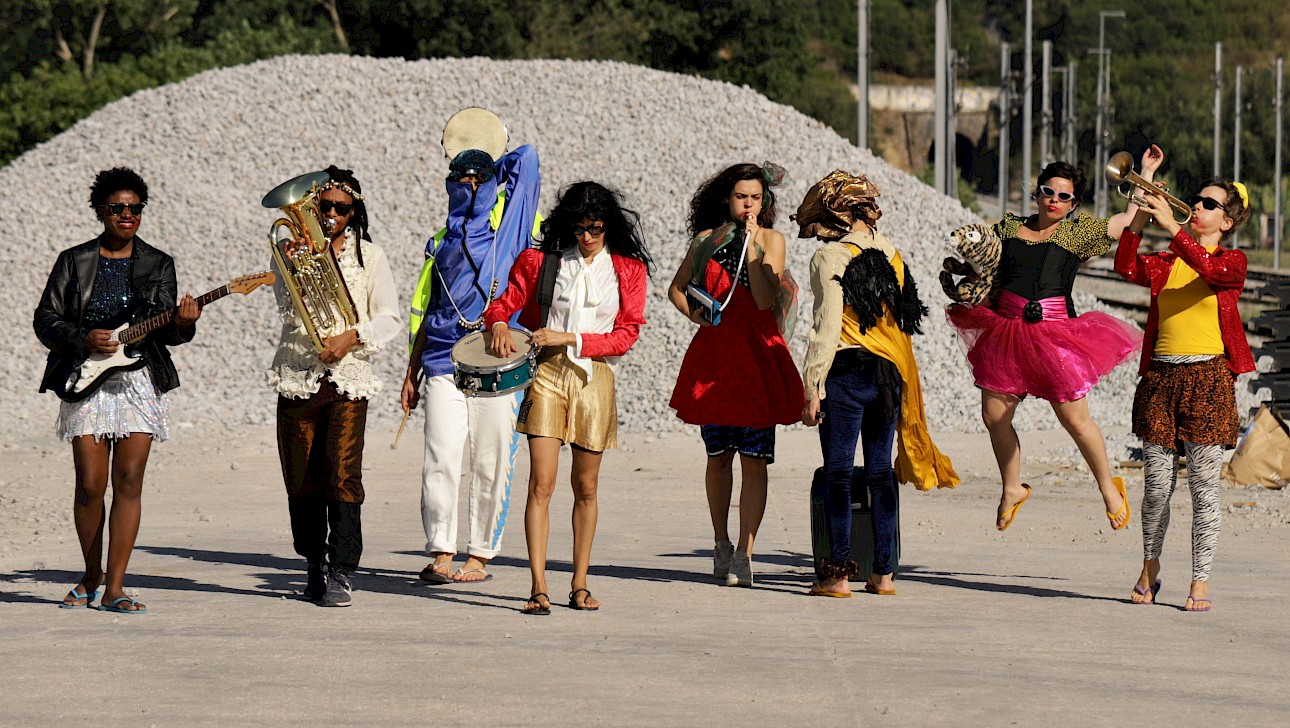
- Produced by Alkantara
- 25.08.2025
- Artists in Residence
- Open Studio
Open Studio: Inés Sybille Vooduness at Espaço Alkantara
Cadences créoles, dix mille fois dédoublées
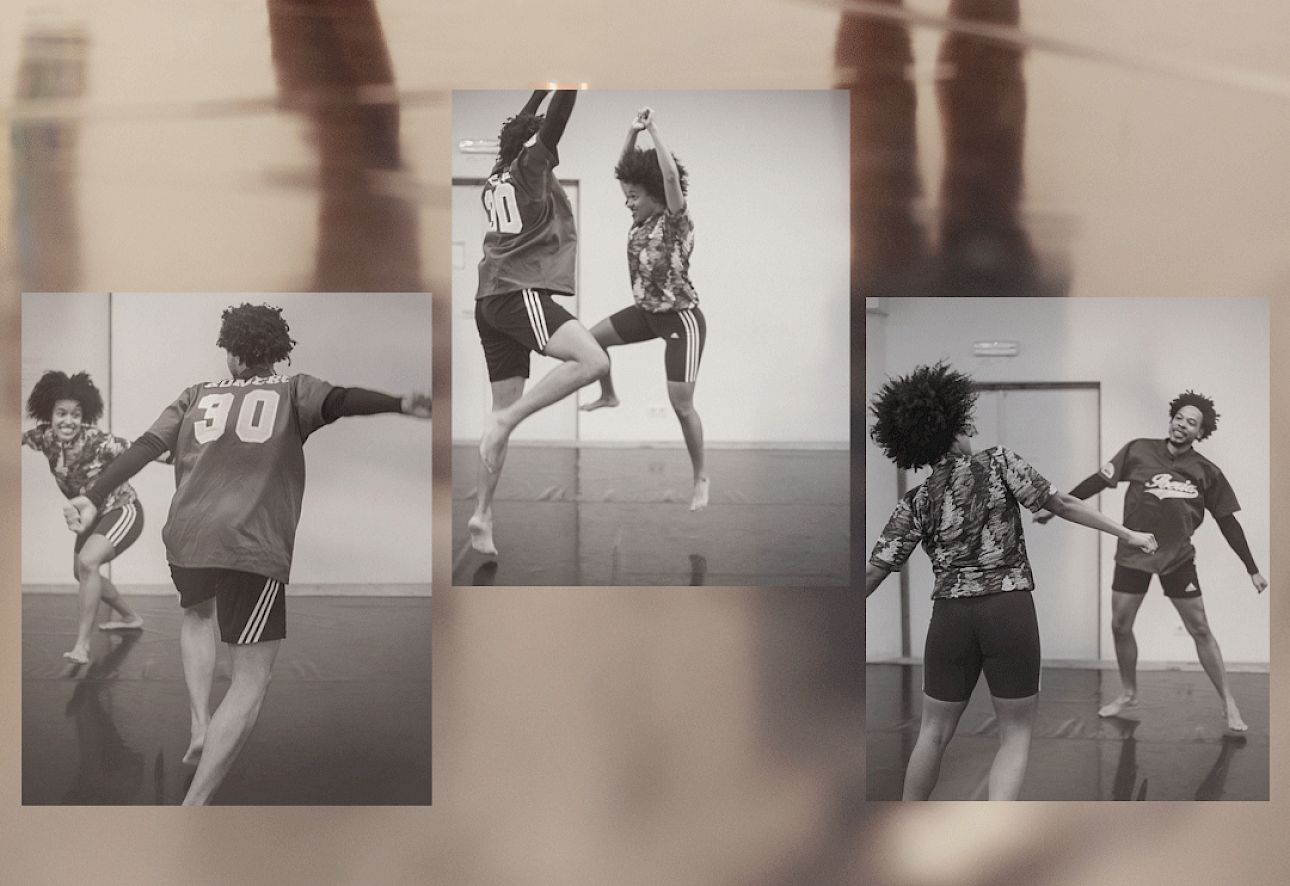
- MON 25.08.2025 7:00 PM
- Artists in Residence
- Open Studio
- 02.06 - 08.06.2025
- Artists in Residence
Terra Batida in residency at Espaço Alkantara
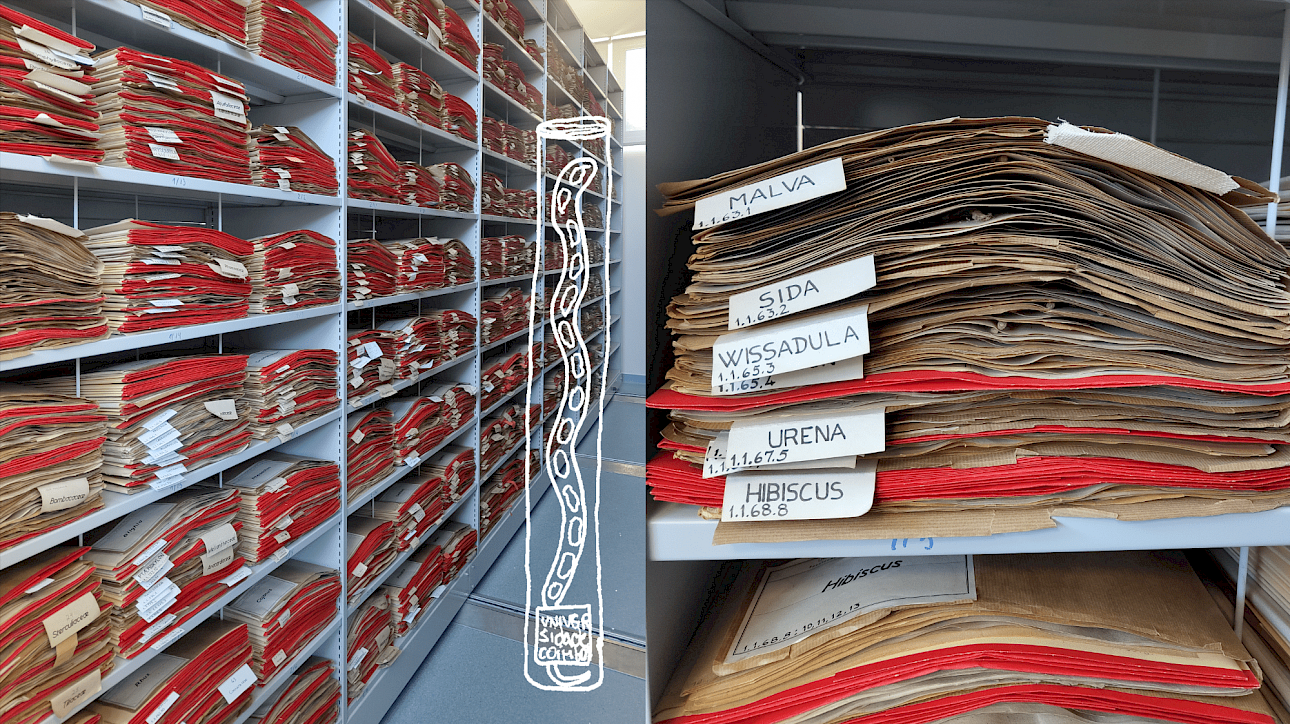
- Artists in Residence
- 30.05 - 09.06.2025
- Artists in Residence
Diego Bragà in Luxembourg for TalentLAB 2025
We at the Nightclub Suffer Together

- Artists in Residence
- 14.04 - 20.04.2025
- Artists in Residence
Afrontosas in residency at Espaço Alkantara
Bixa Bixo
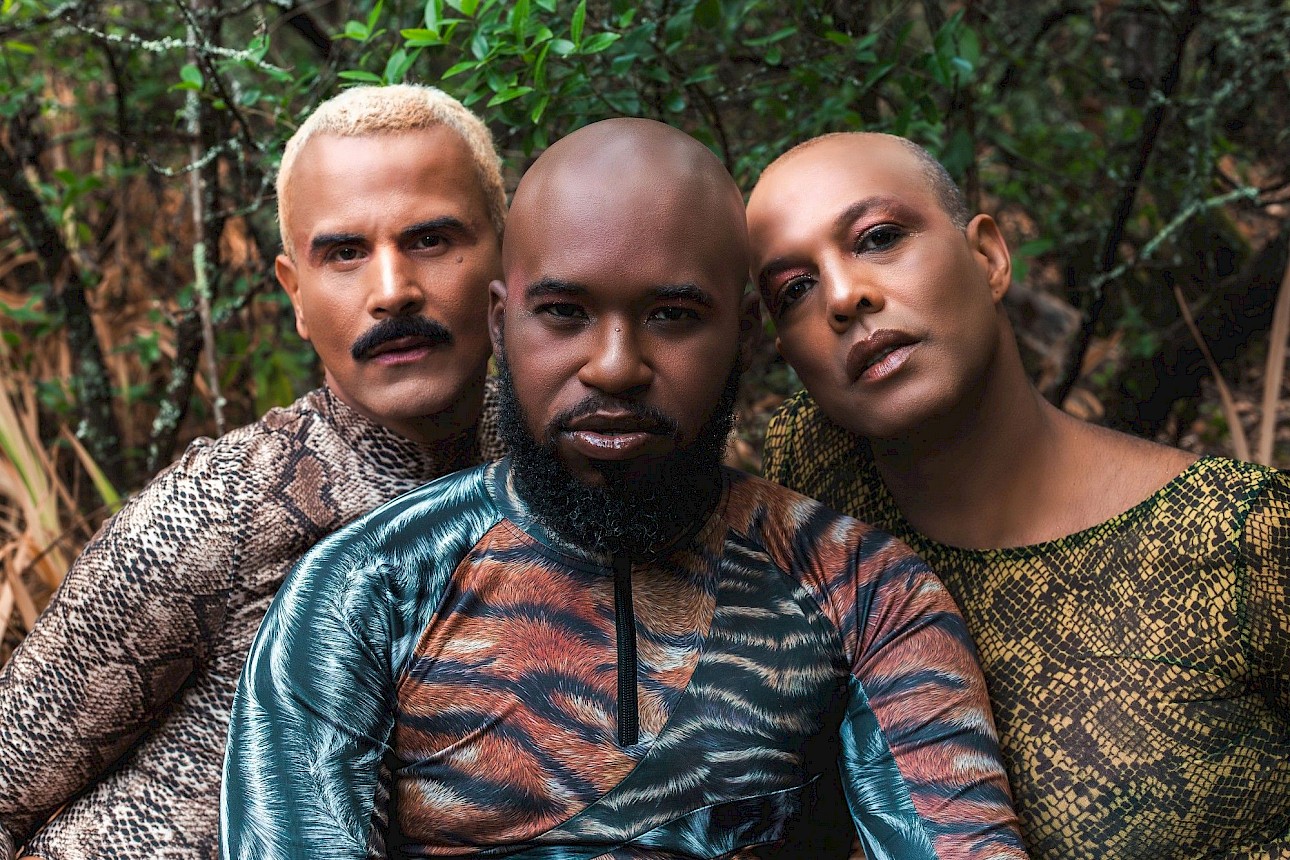
- Artists in Residence
- 31.03 - 13.04.2025
- Artists in Residence
Jorge Ciprianno and Mariana Barros in residency at Espaço Alkantara
Precárias III: Festival de Performance
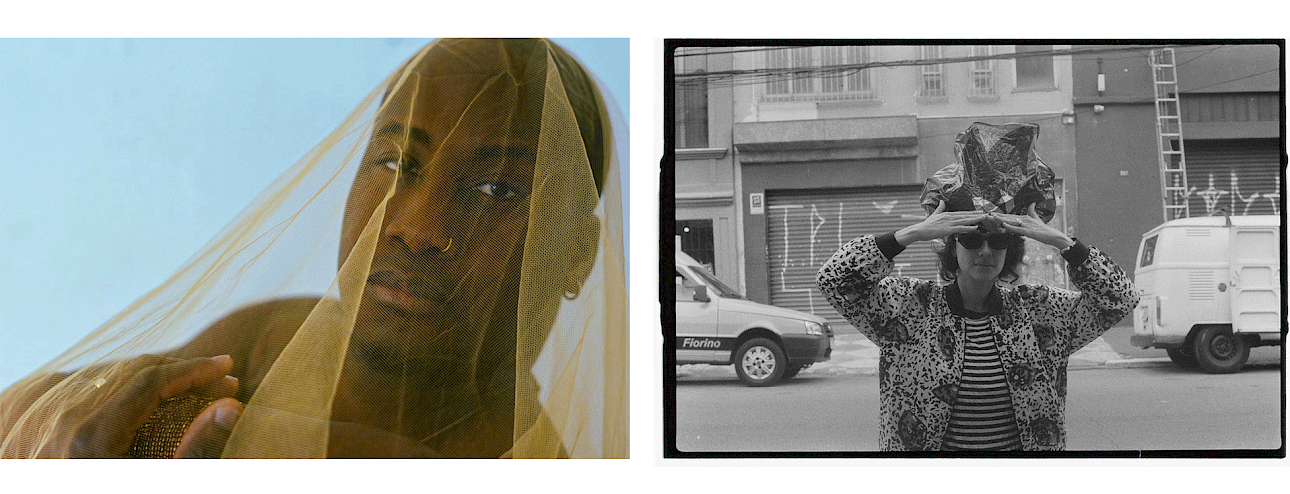
- Artists in Residence
- 25.02 - 01.03.2025
- Artists in Residence
Marlene Monteiro Freitas in residency at Espaço Alkantara

- Artists in Residence
- 10.02 - 23.02.2025
- Artists in Residence
Sónia Baptista in residency at Espaço Alkantara
KING SIZE

- Artists in Residence
- 27.01 - 09.02.2025
- Artists in Residence
Raquel Lima in residency at Espaço Alkantara
ULULU
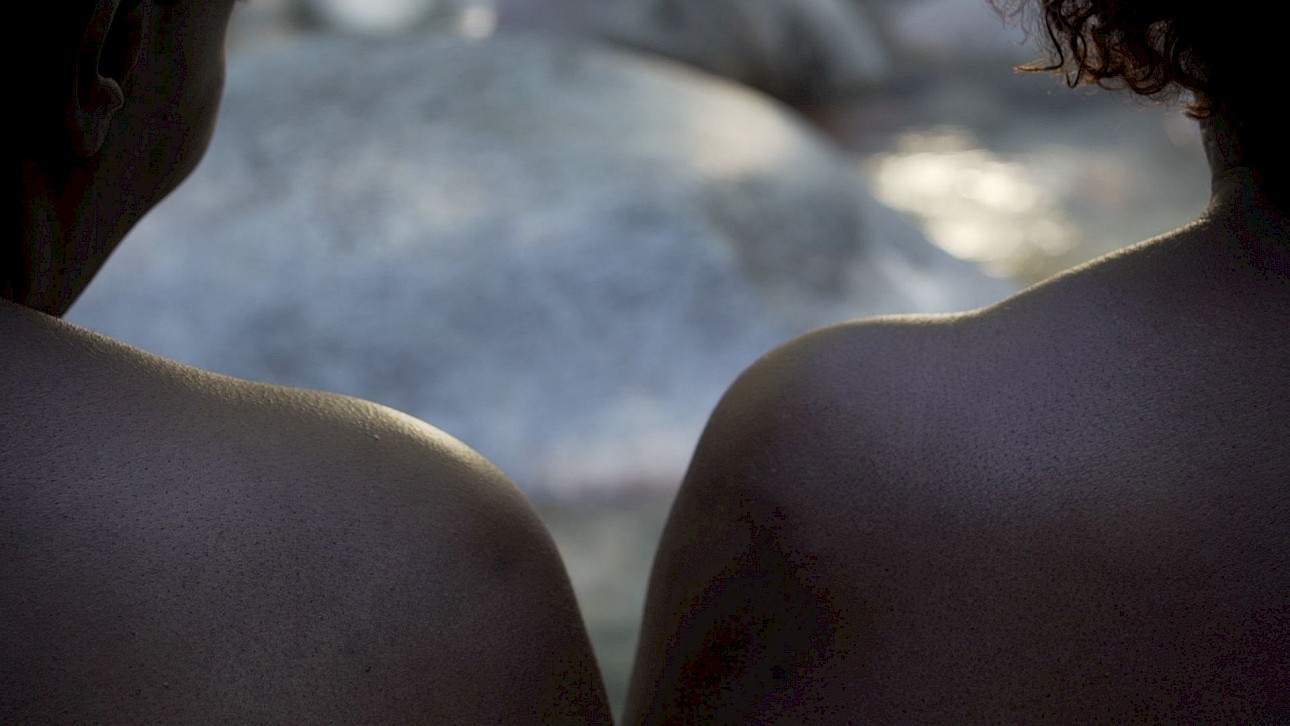
- Artists in Residence
- 25.01 - 26.01.2025
- Open Studio
Sofia Dias & Vítor Roriz present ARREMESSO X at MAAT
Curated by Alkantara
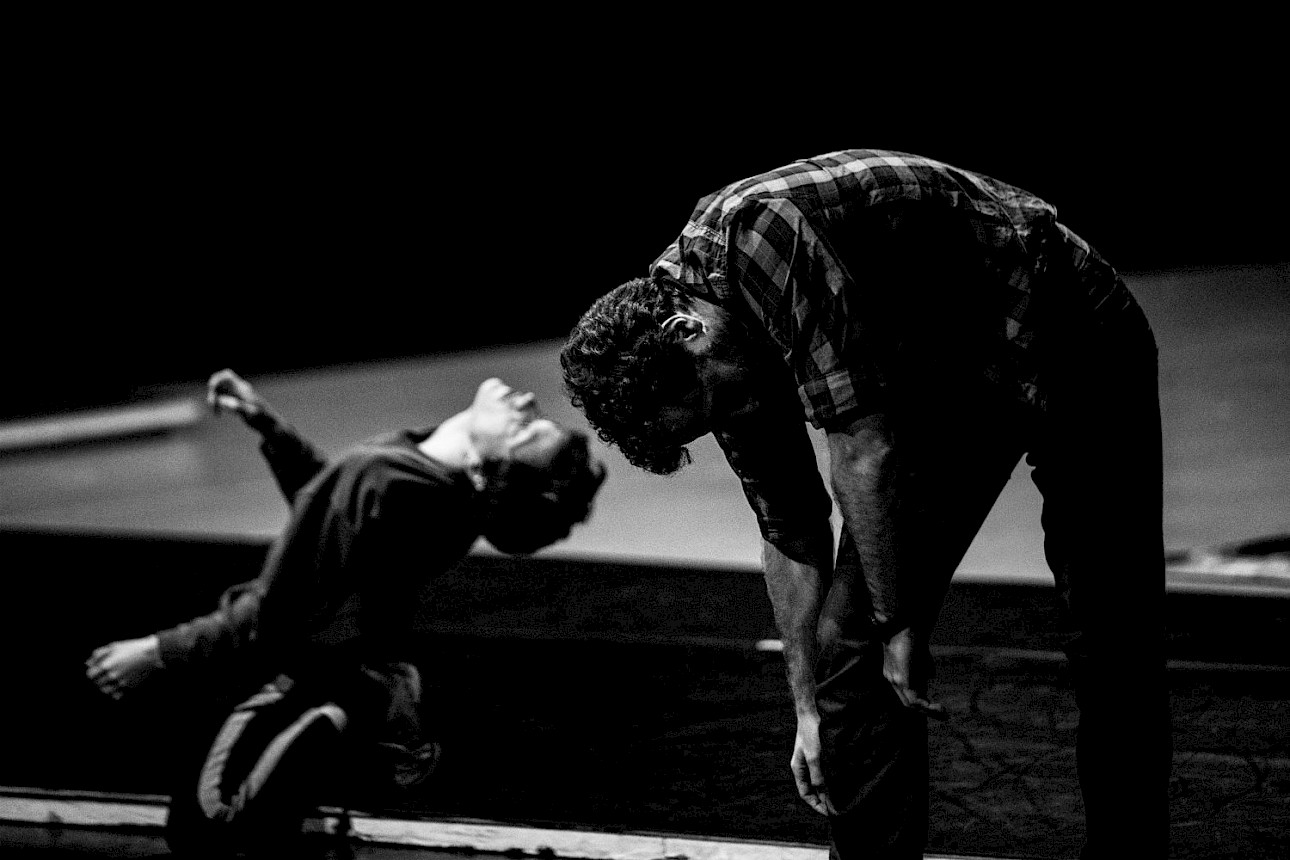
- SAT 25.01.2025 6:00 PM
- SUN 26.01.2025 4:00 PM
- Open Studio
- Produced by Alkantara
The tour of Blackface begins
A stage show by Marco Mendonça
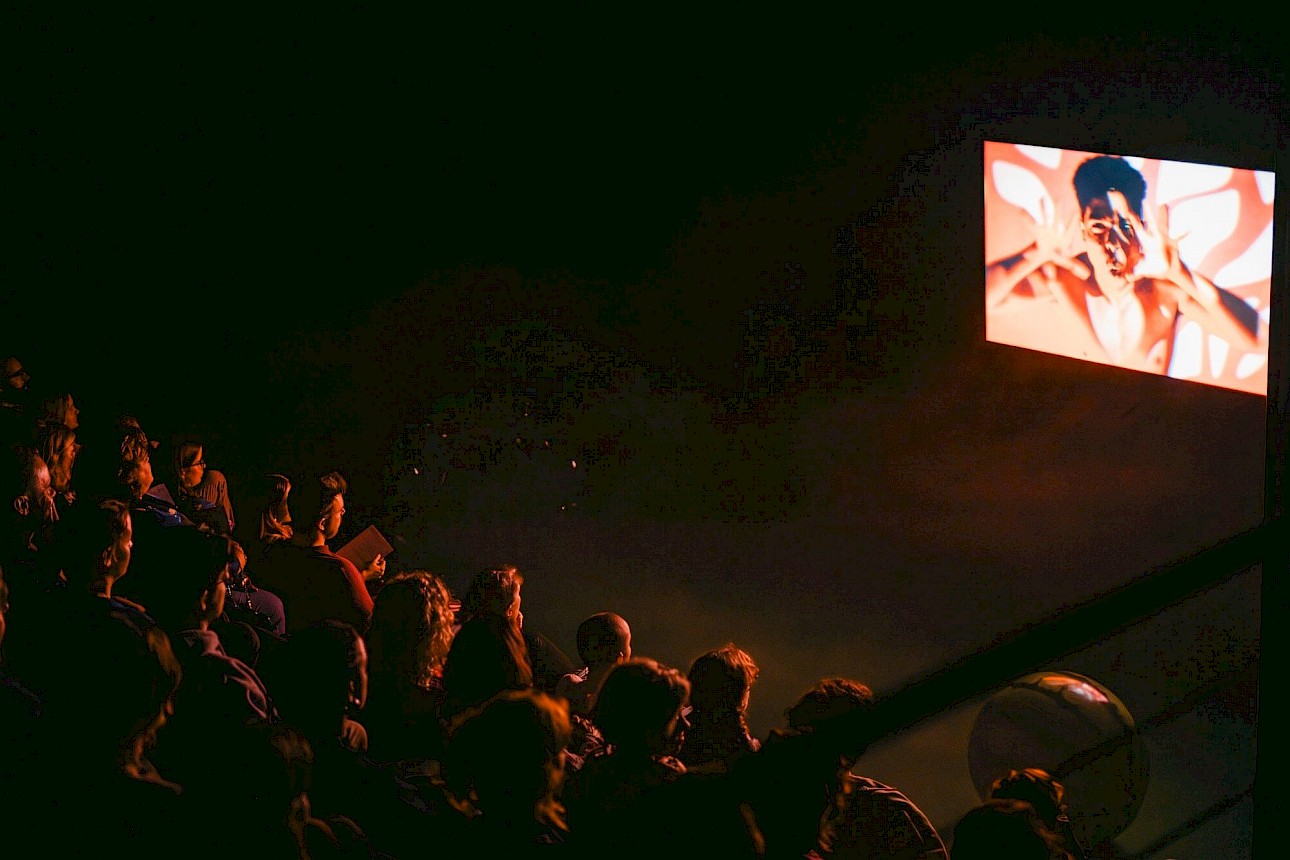
- Produced by Alkantara
- Produced by Alkantara
52blue by Francisco Thiago Cavalcanti
Produced by Alkantara
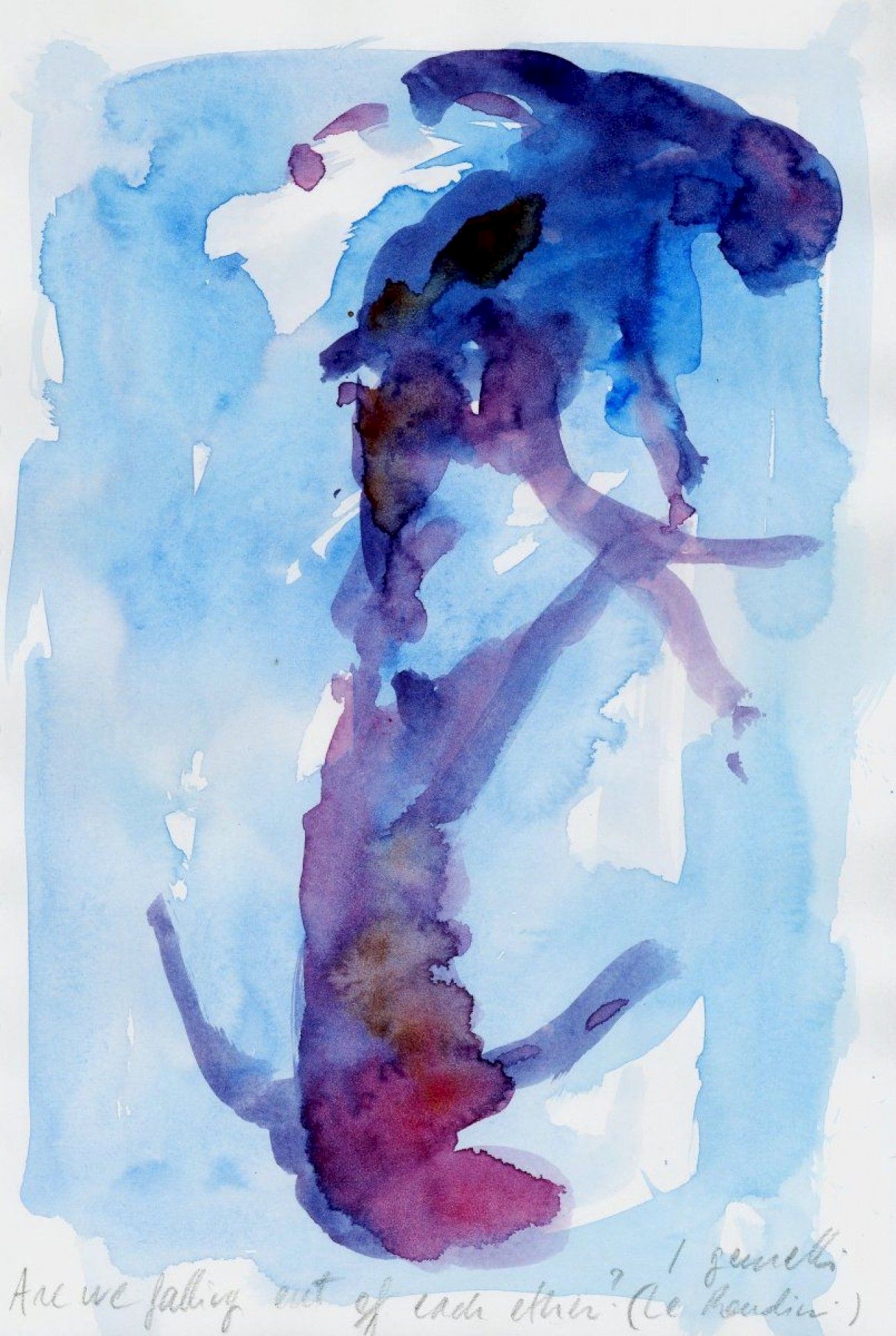
- Produced by Alkantara
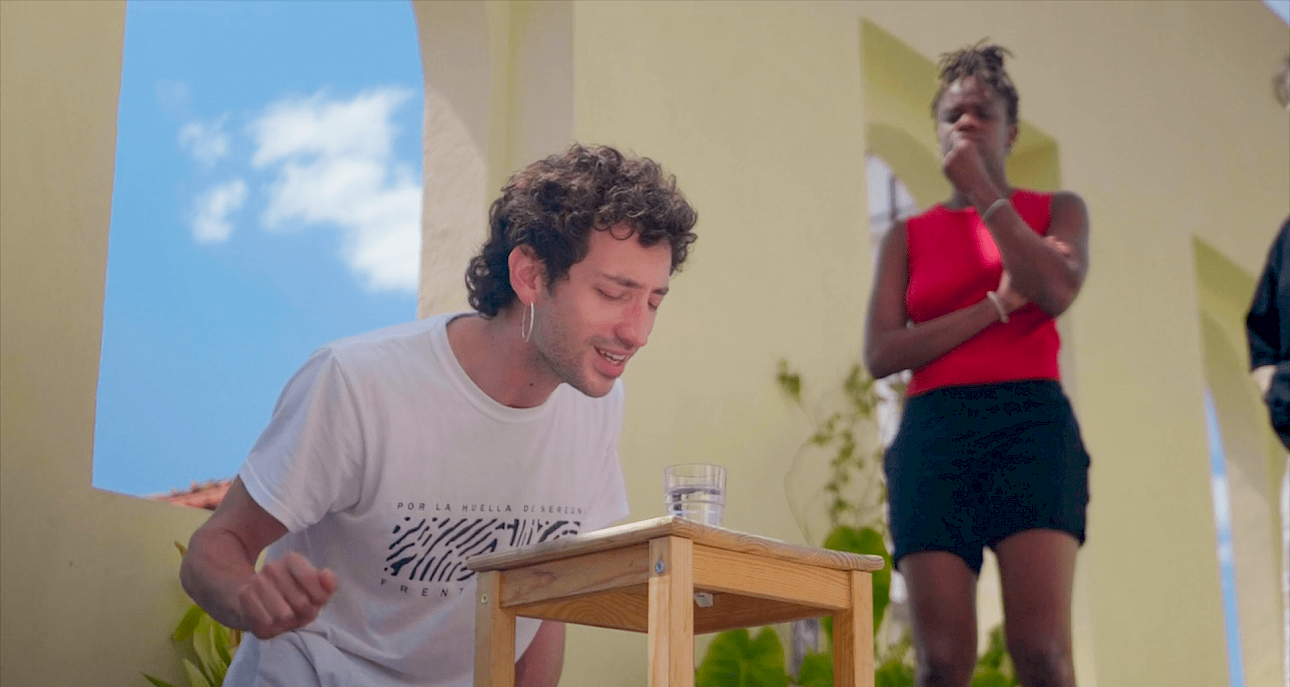
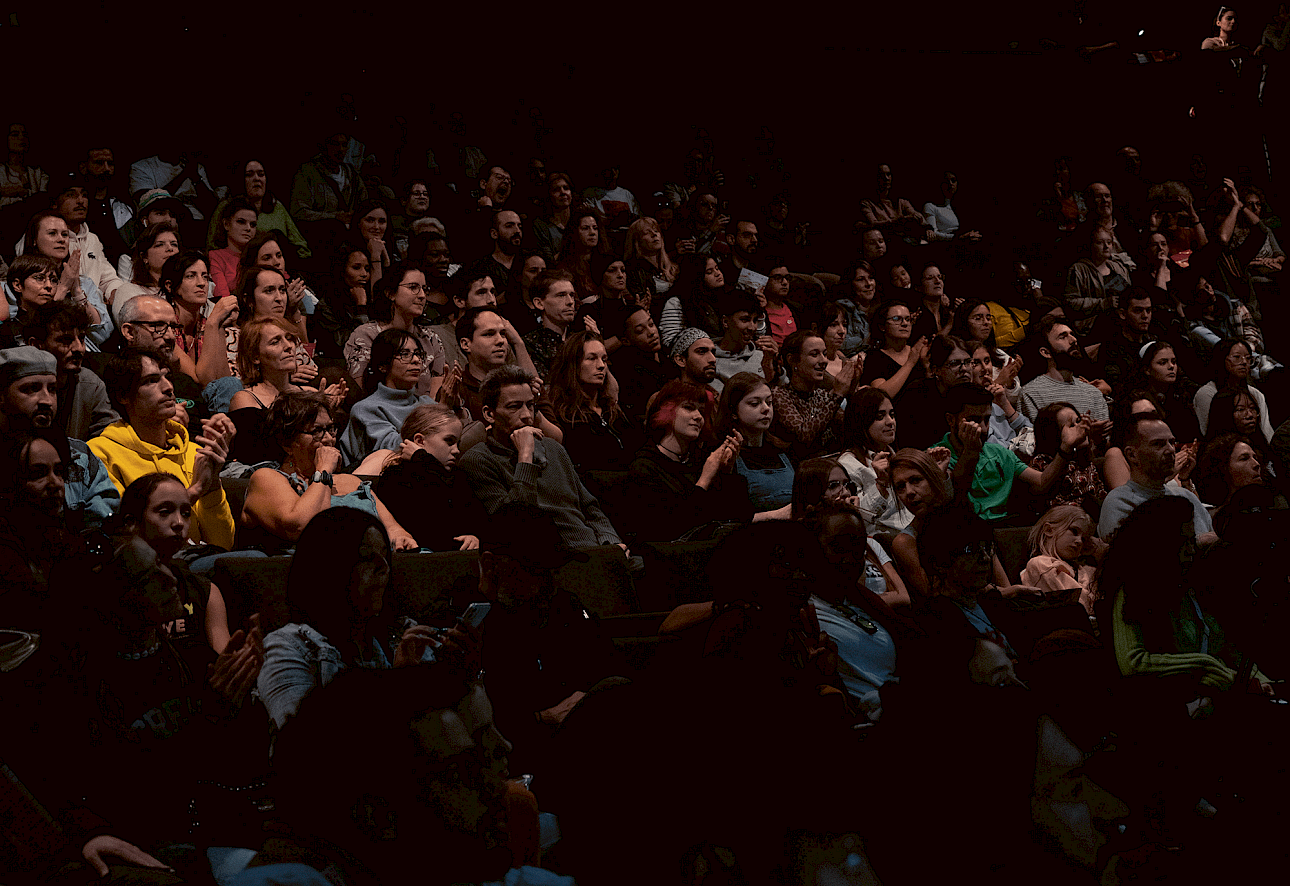
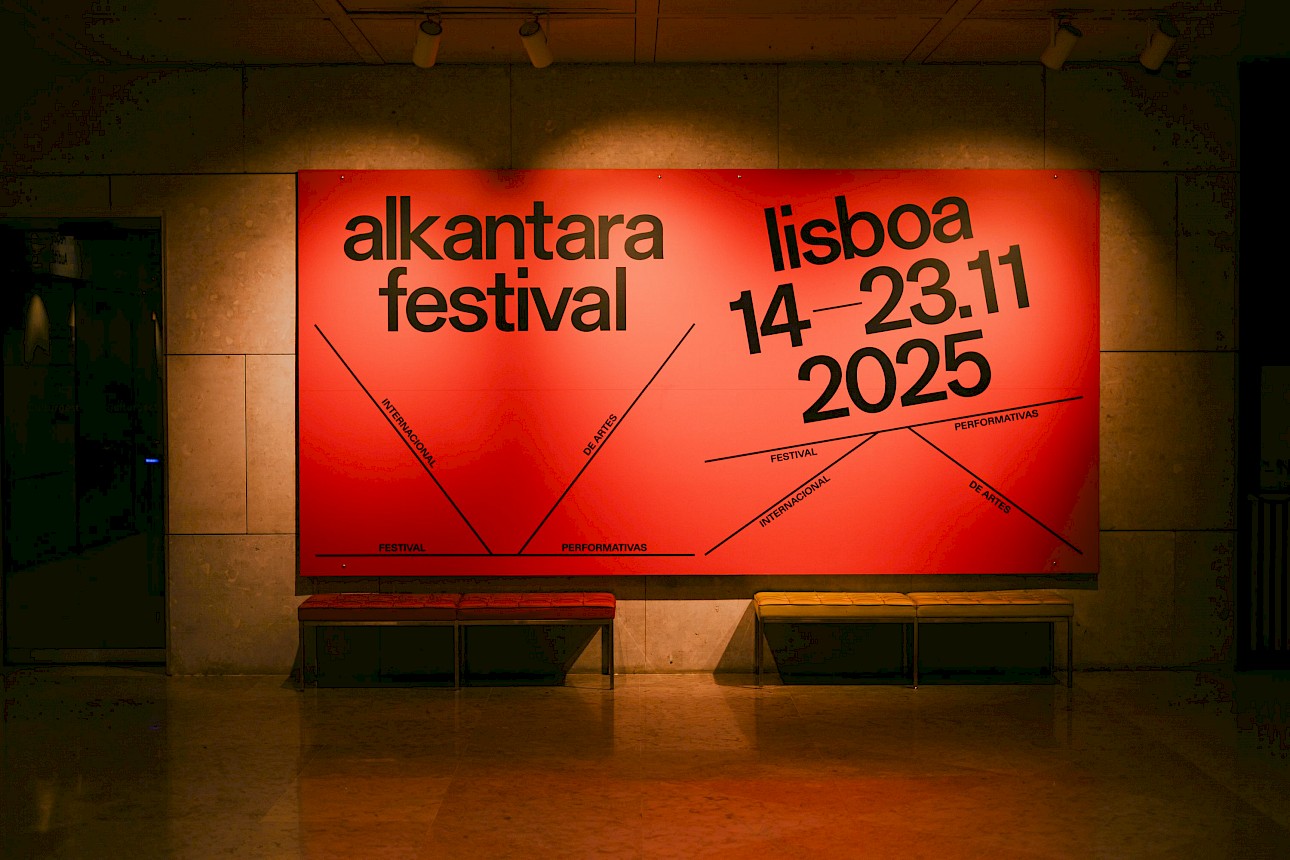
![ALKANARA - Common Stories decentering the stage - ©Rui Palma [We at the Nightclub Suffer Together, Diego Bragà]](/site/assets/files/14656/web11.1290x0.jpg)
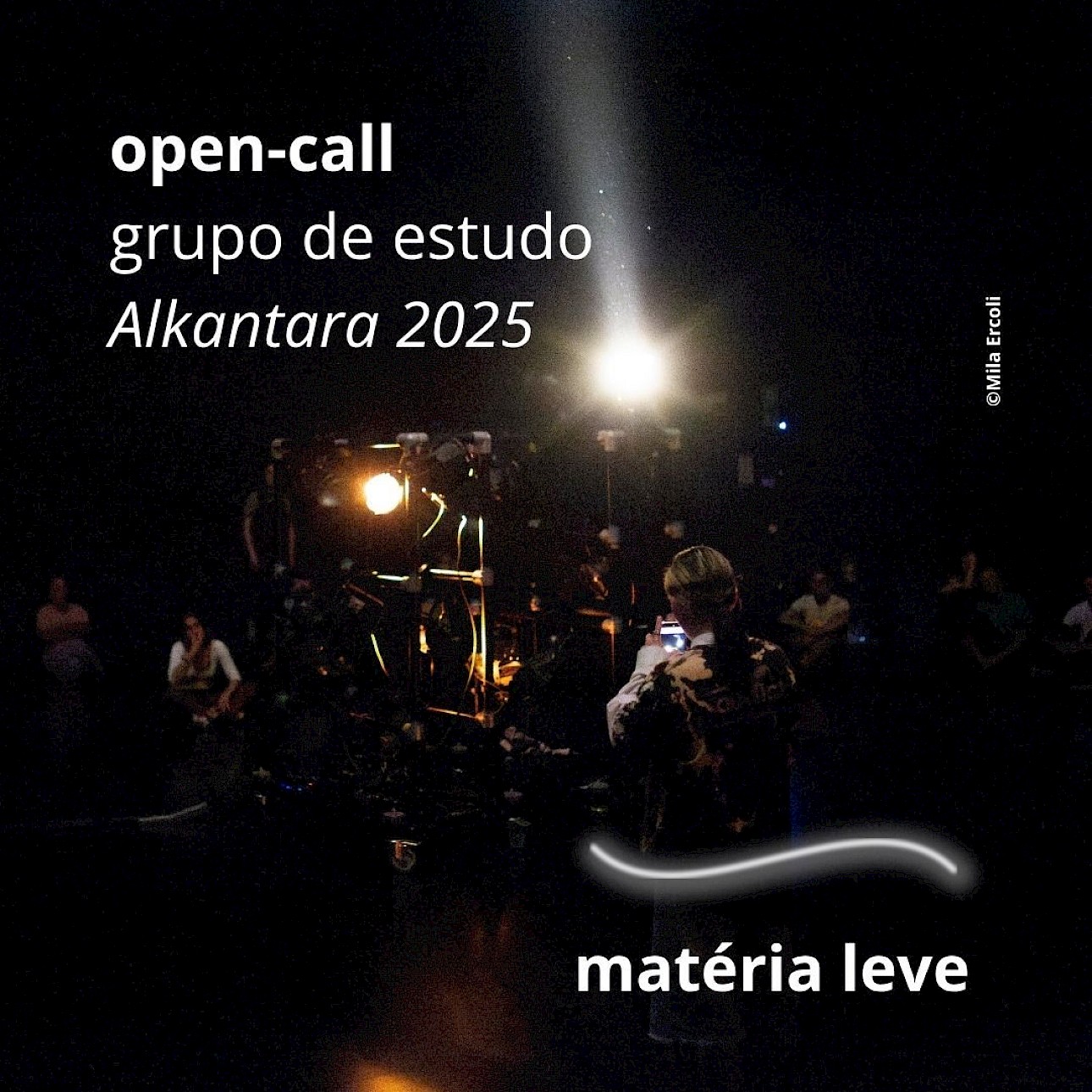
![ALKANARA - Common Stories will come to an end in December - ©Sankrit Kulmanochawong [PaperPlanes by Pankaj Tiwari]](/site/assets/files/14141/photo-1-paperplanes--pankaj-tiwari-_c_sankrit--kulmanochawong.1290x0.png)
